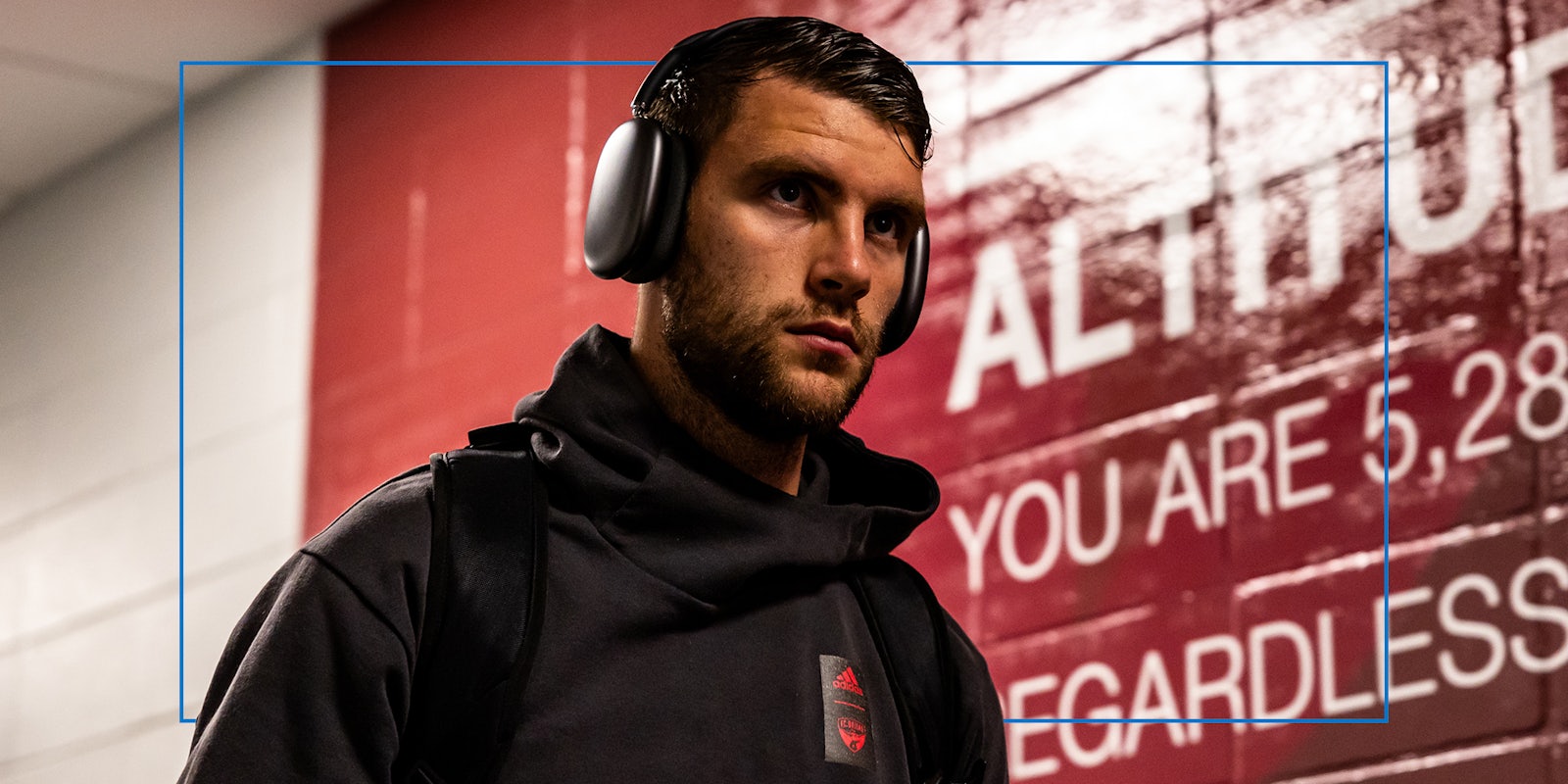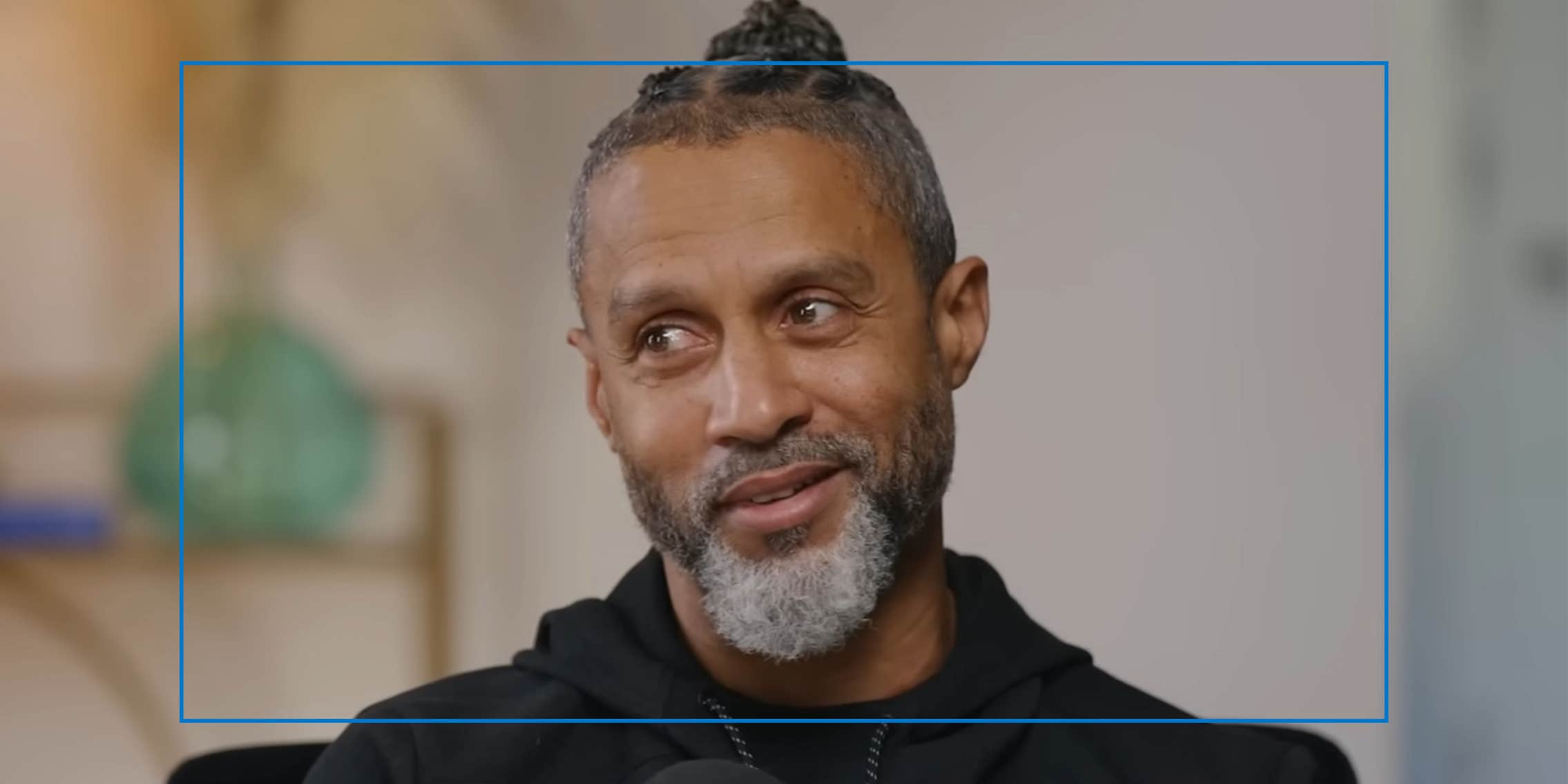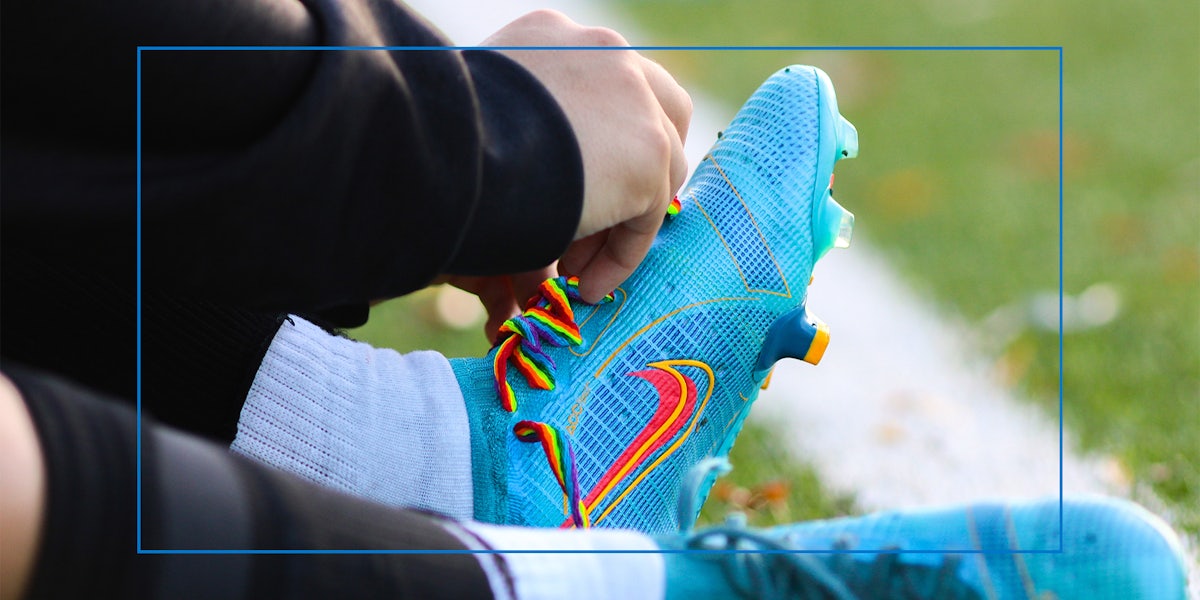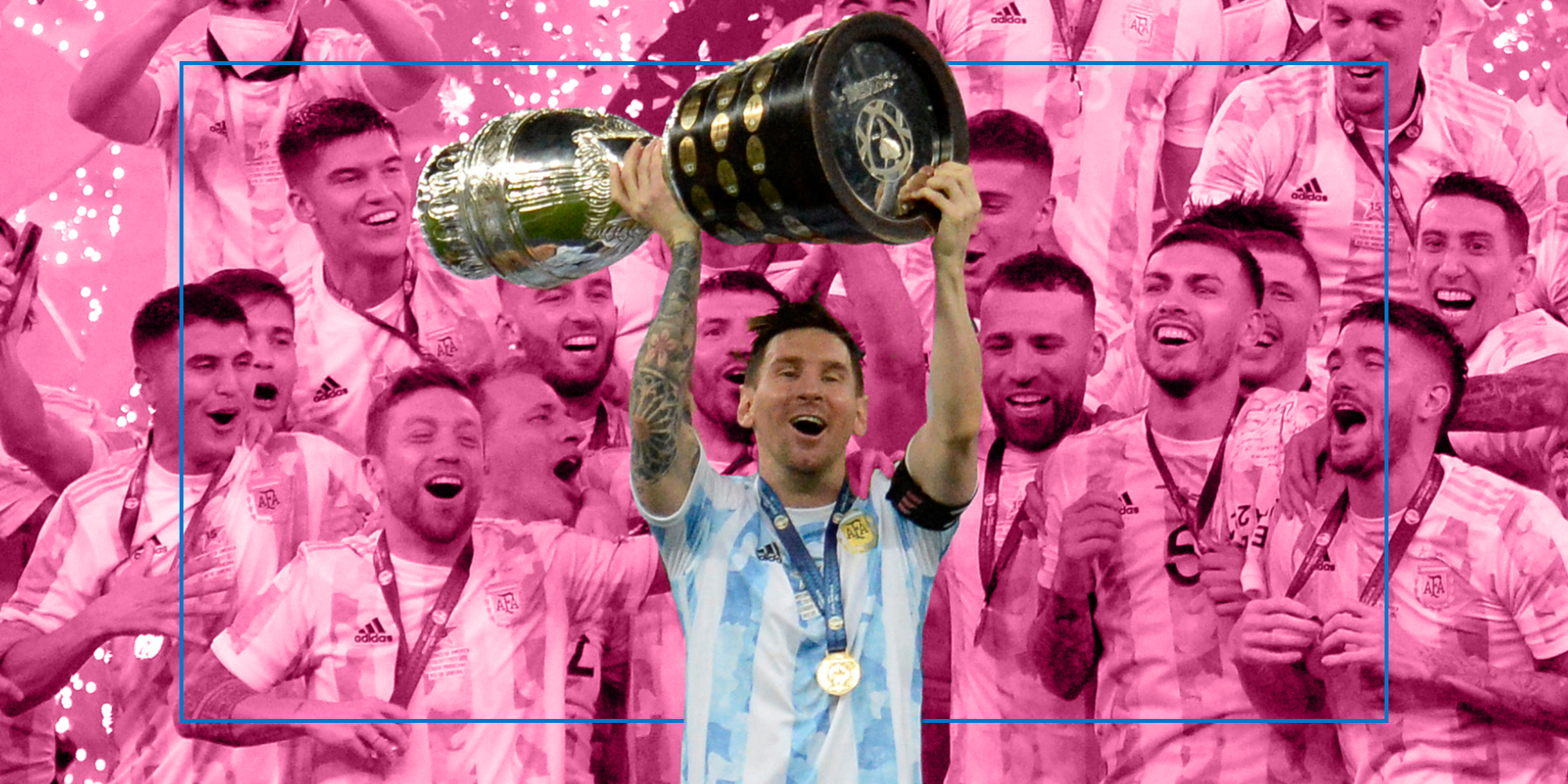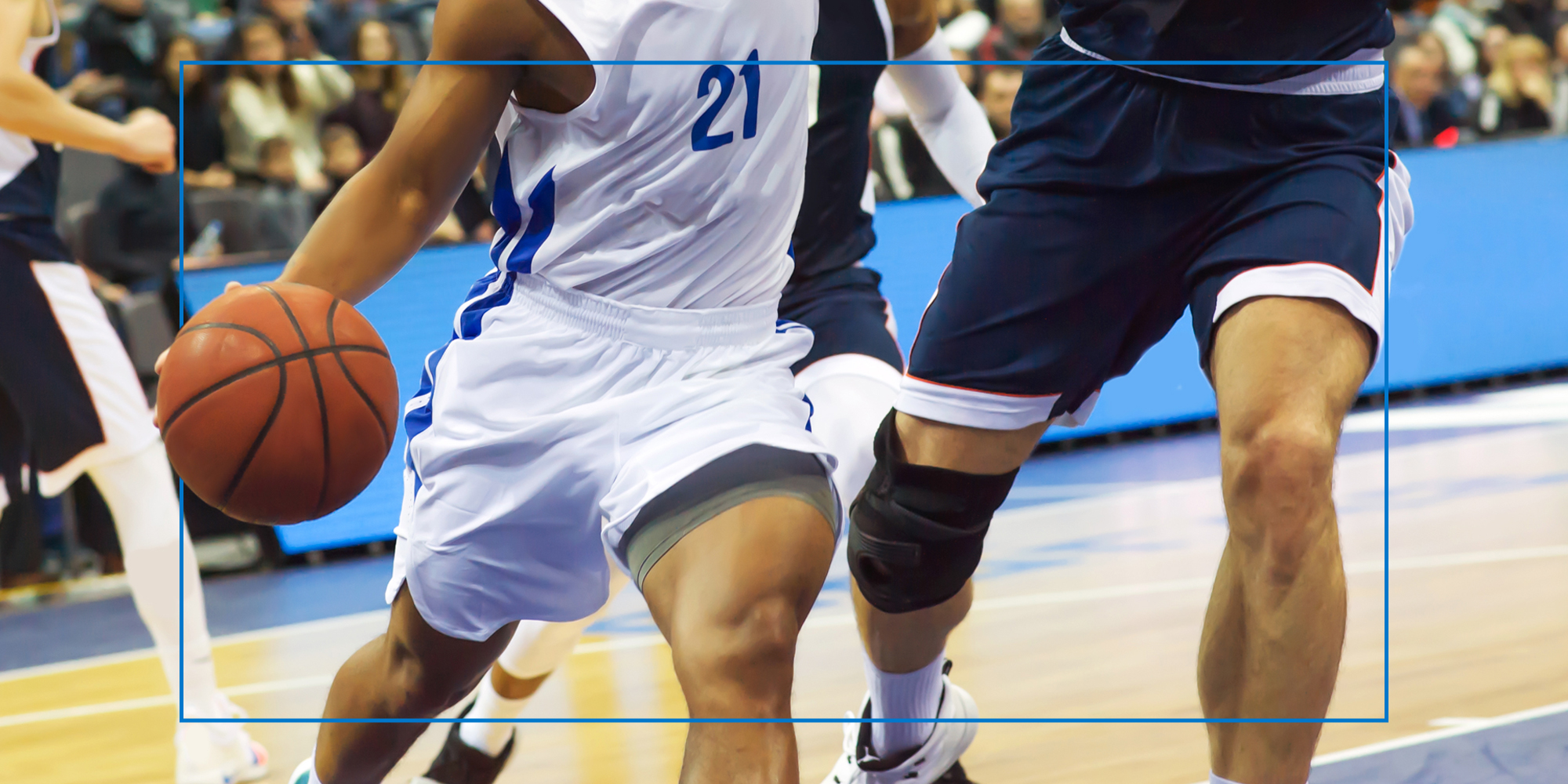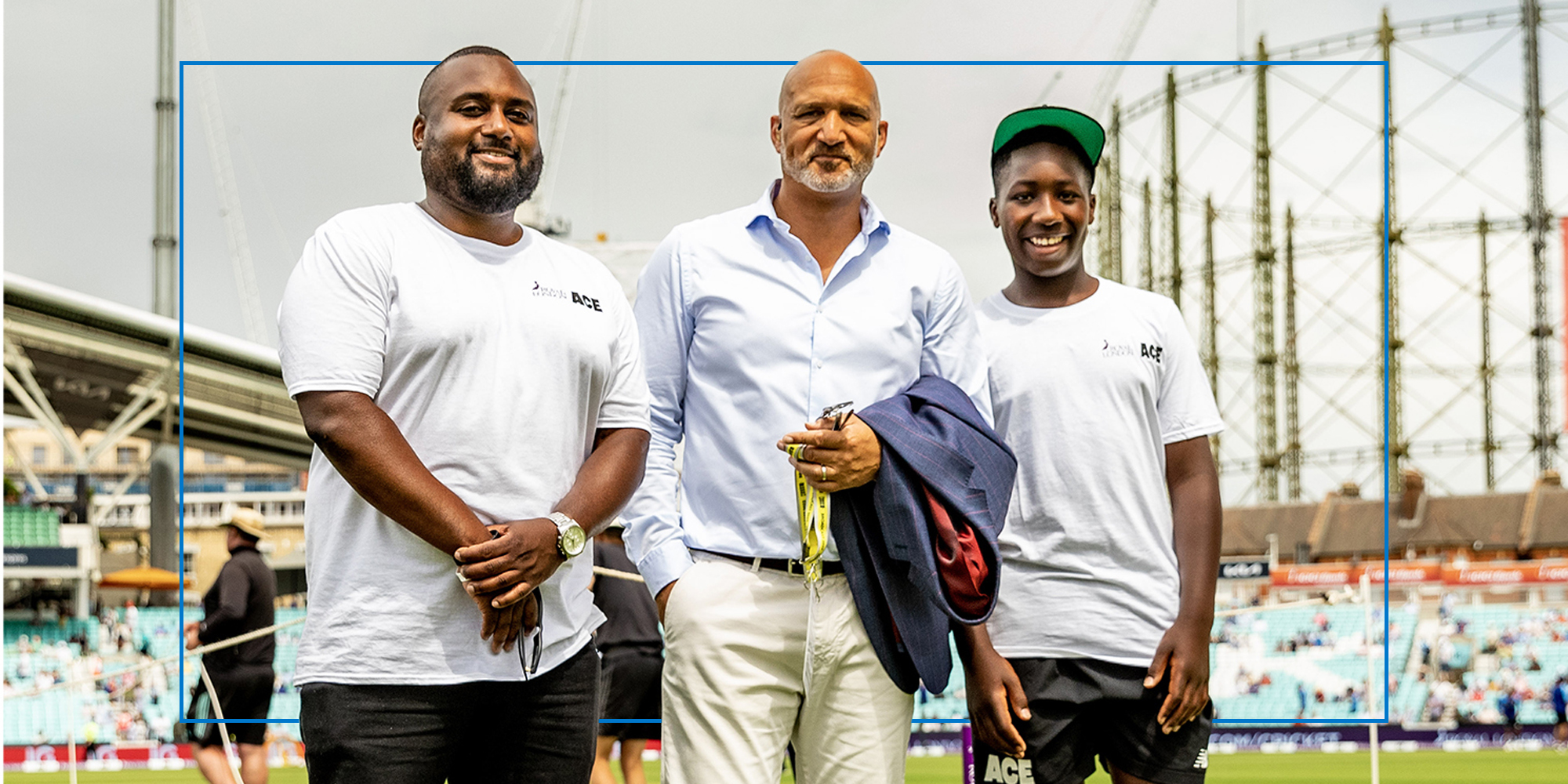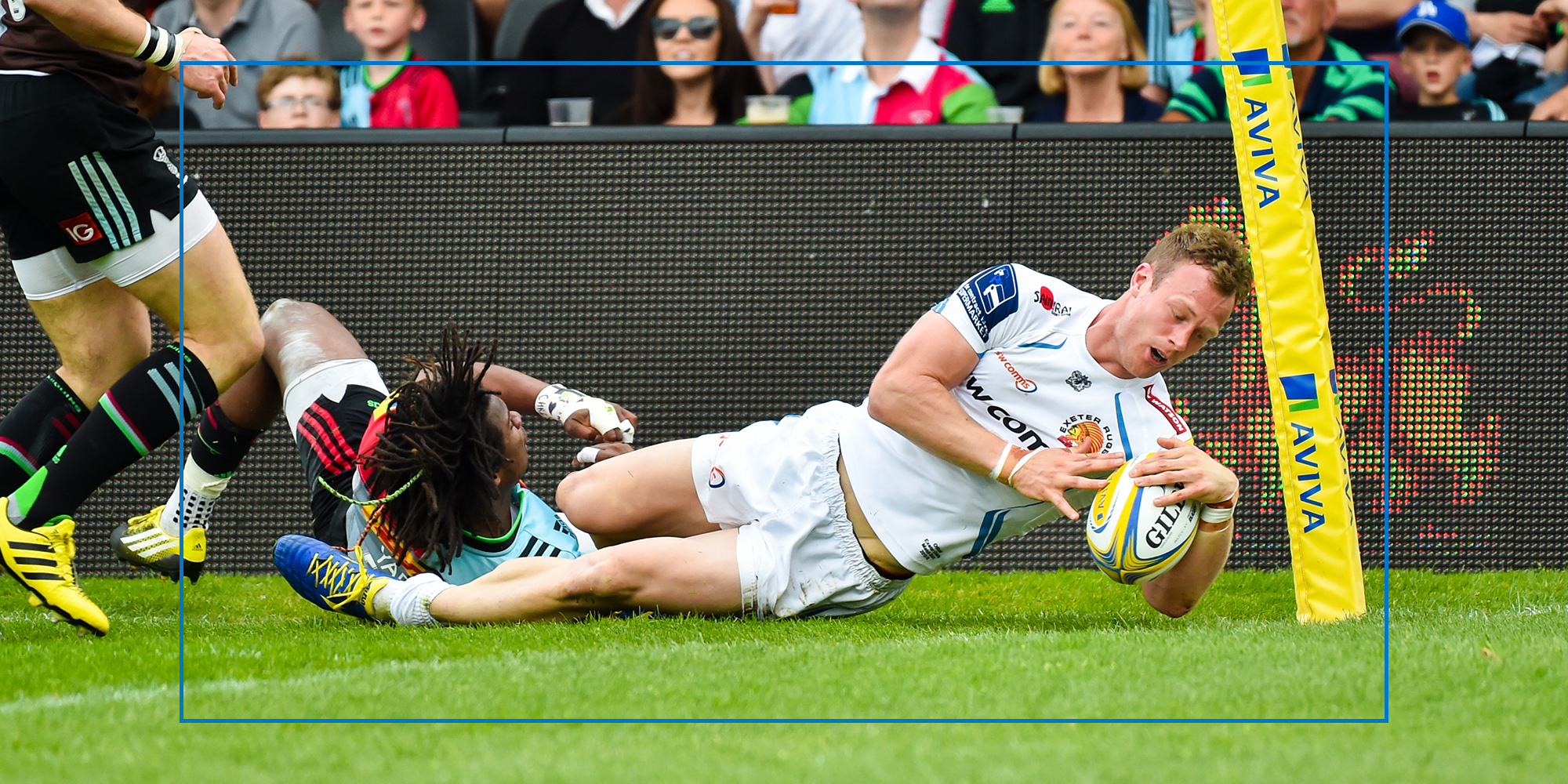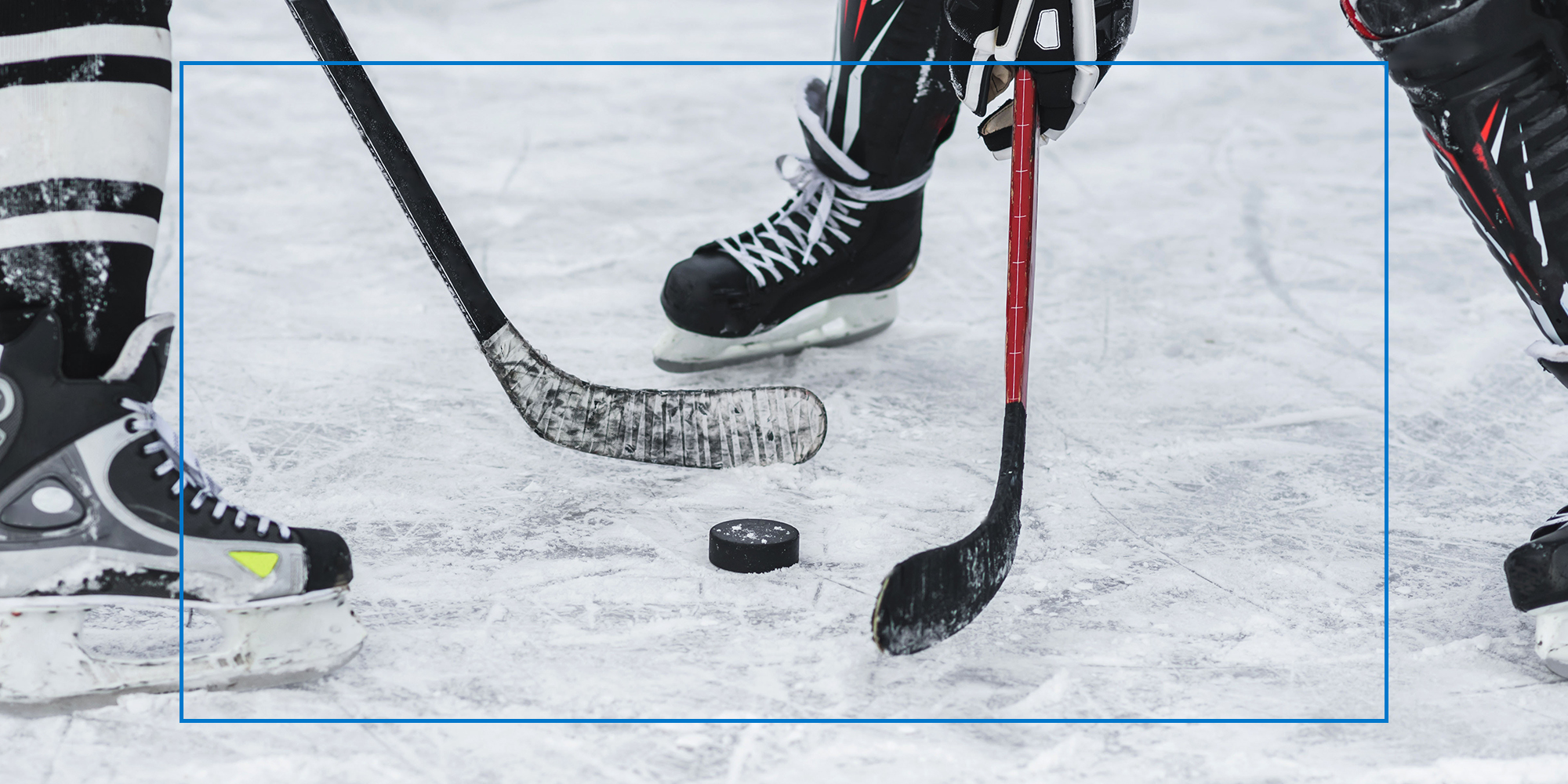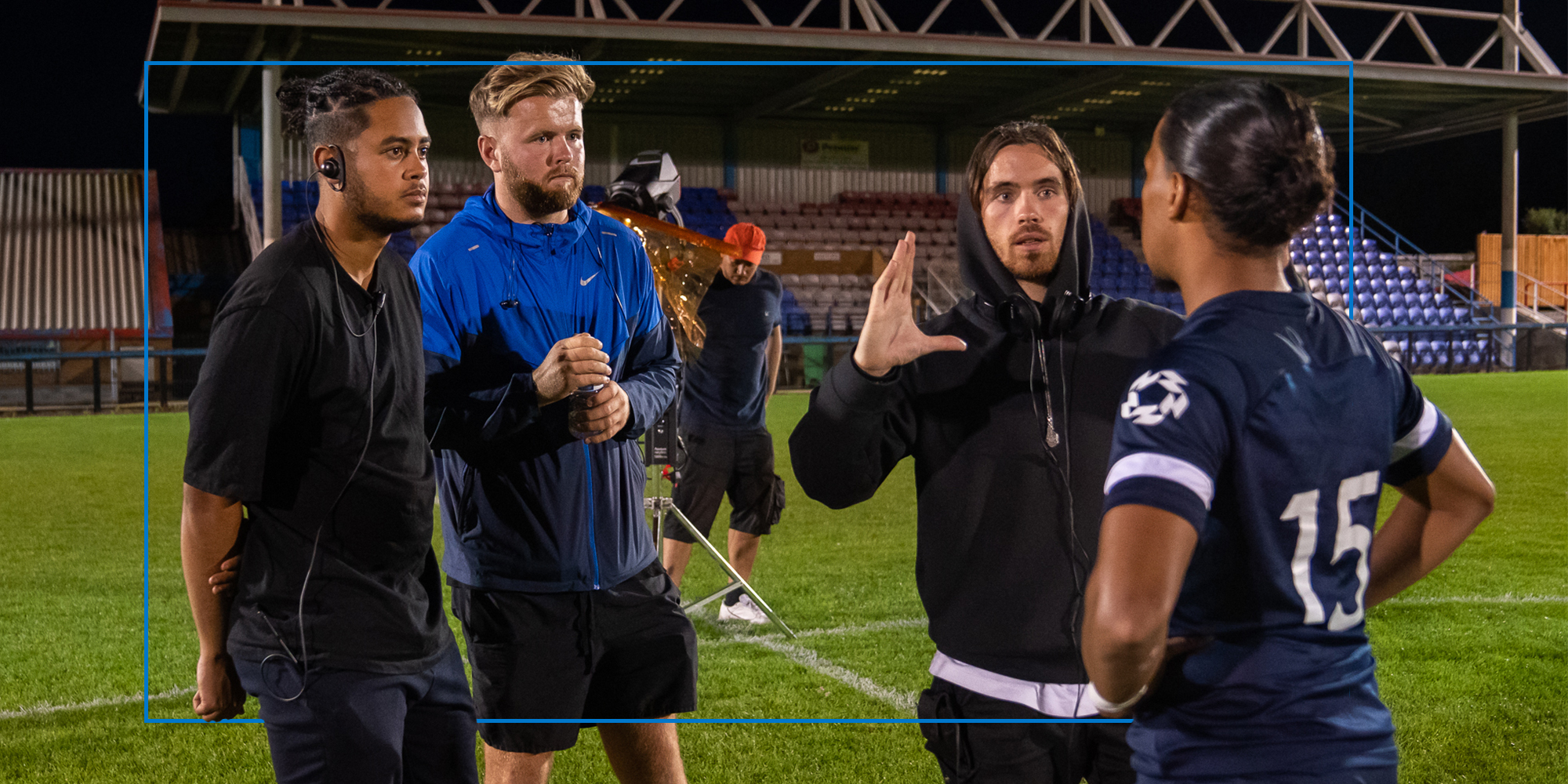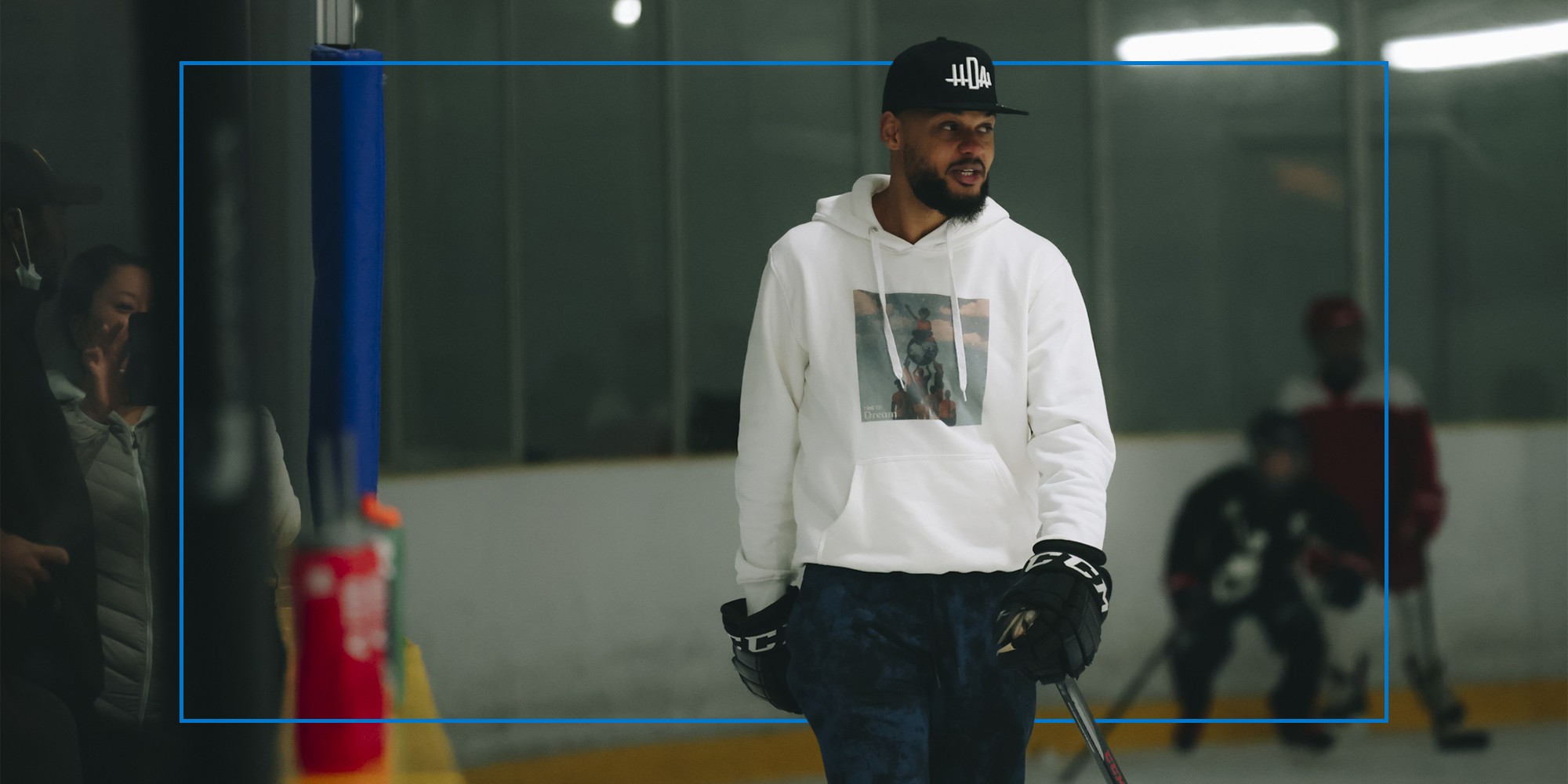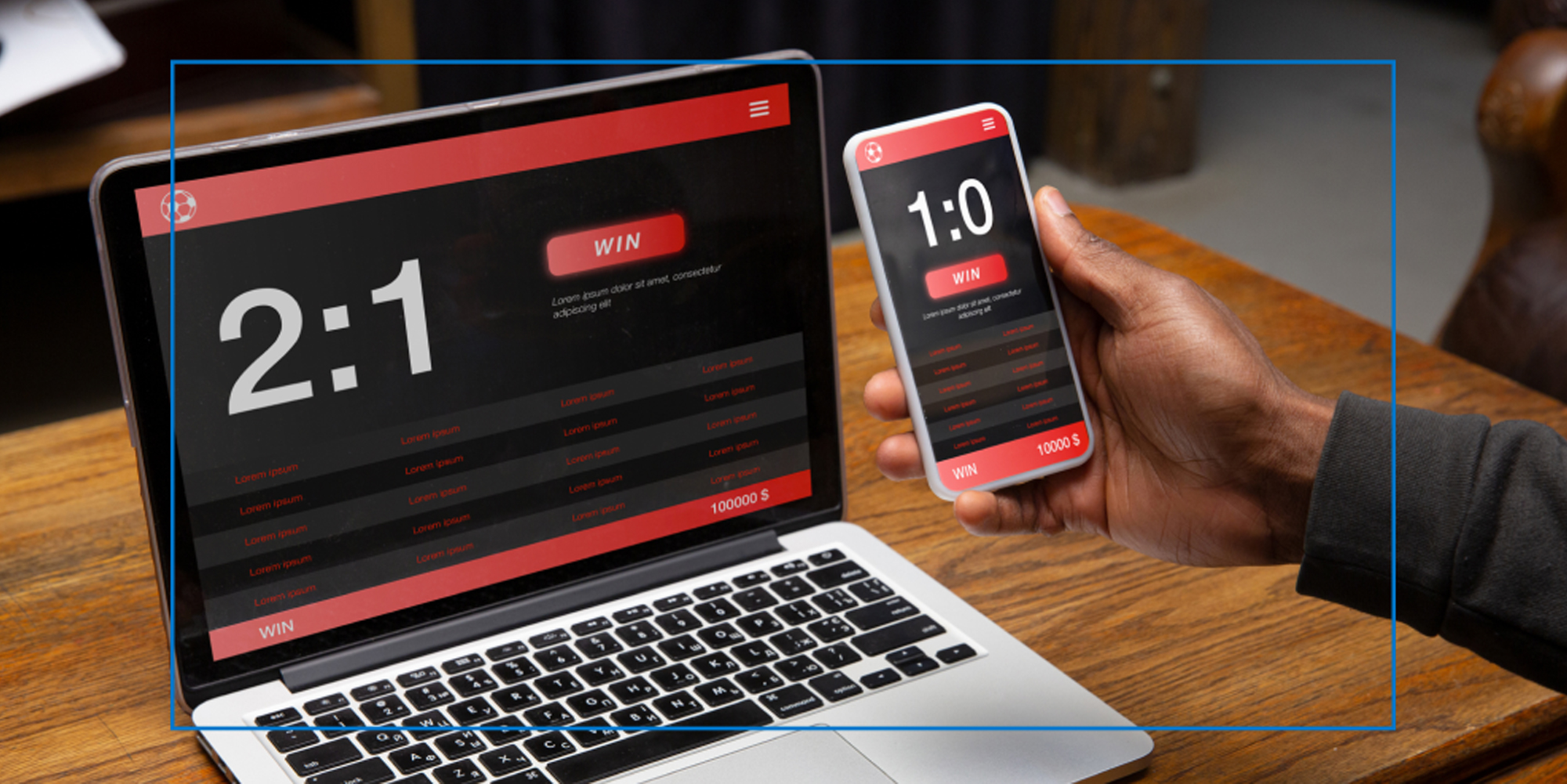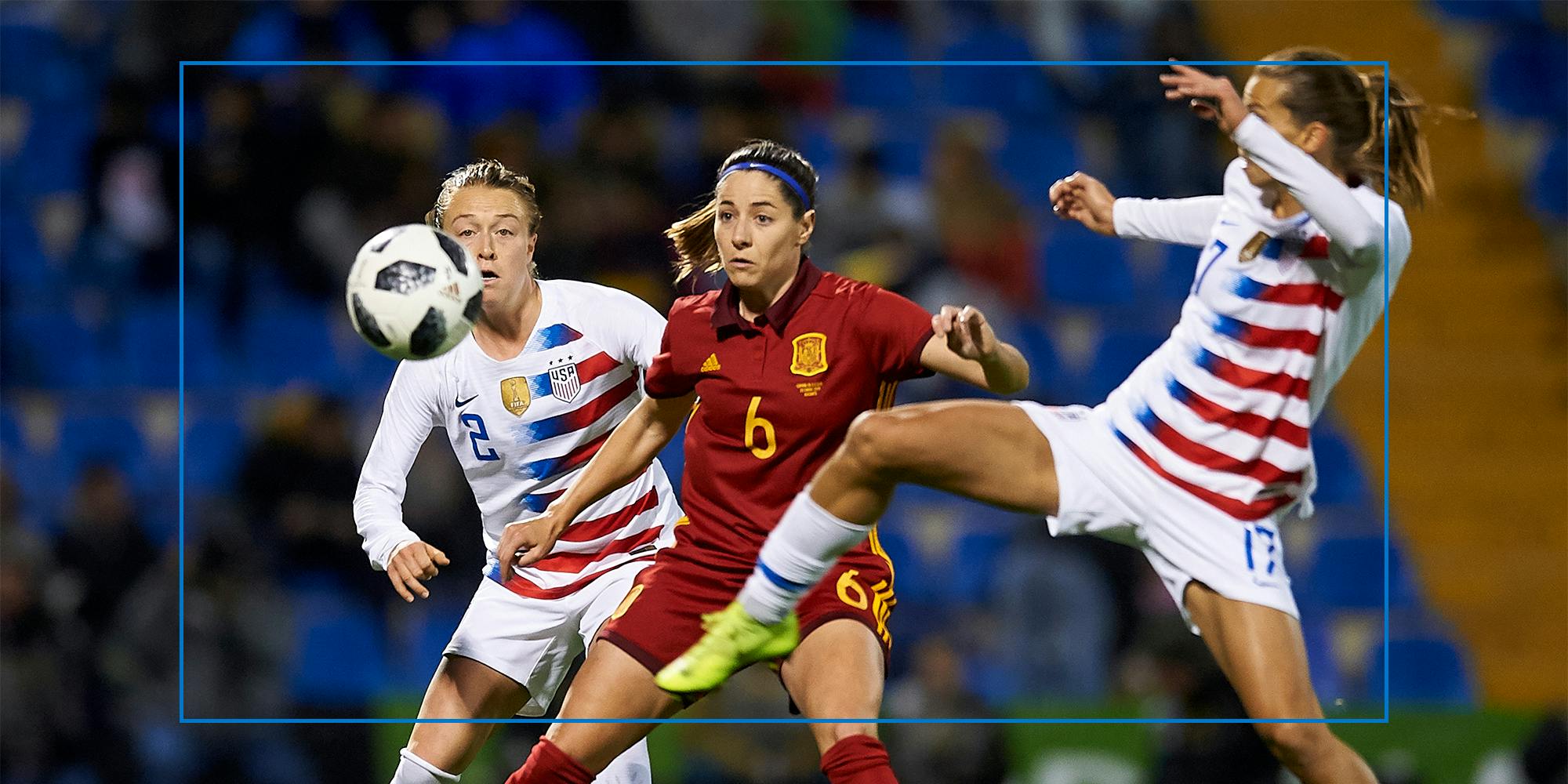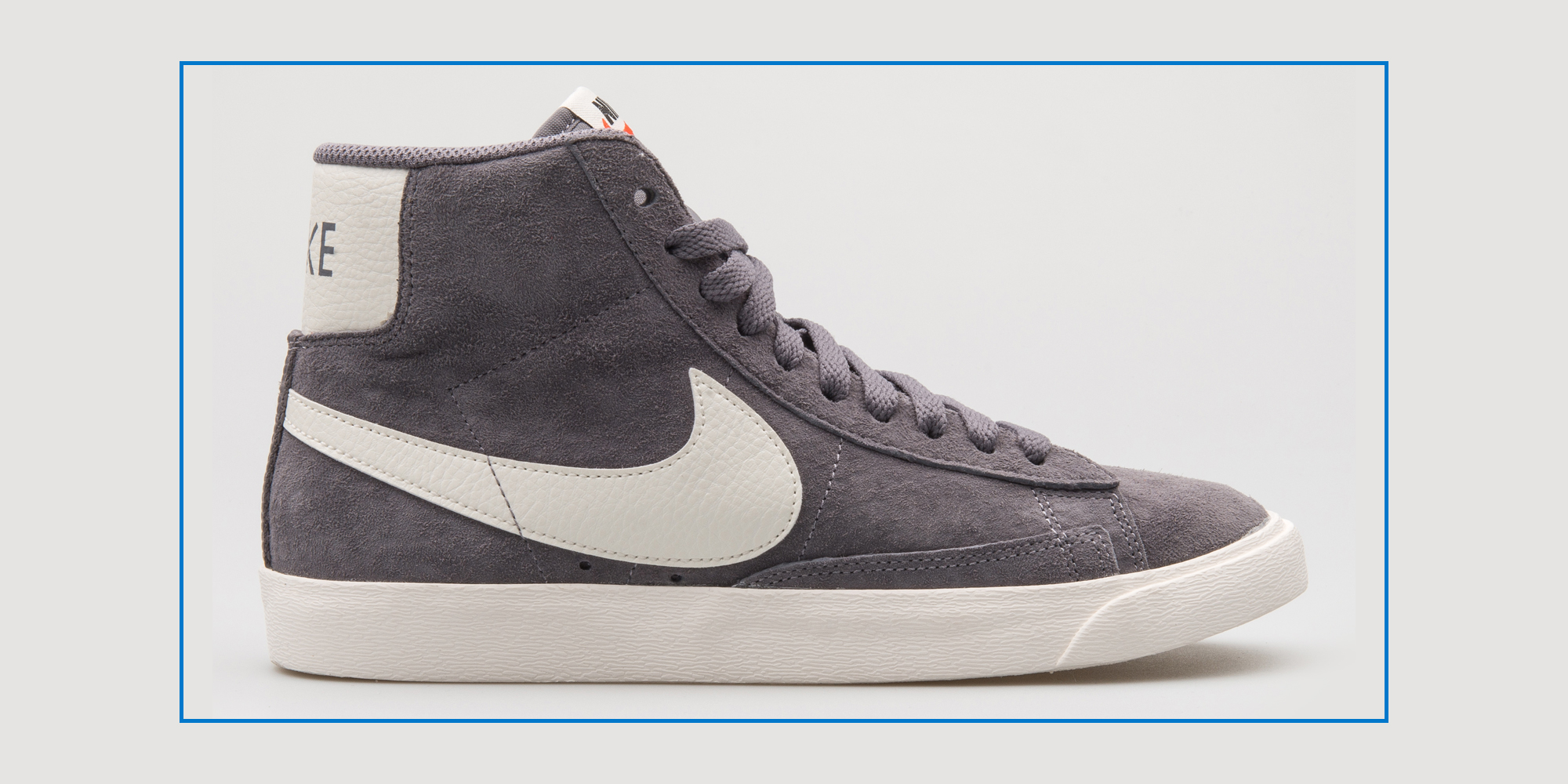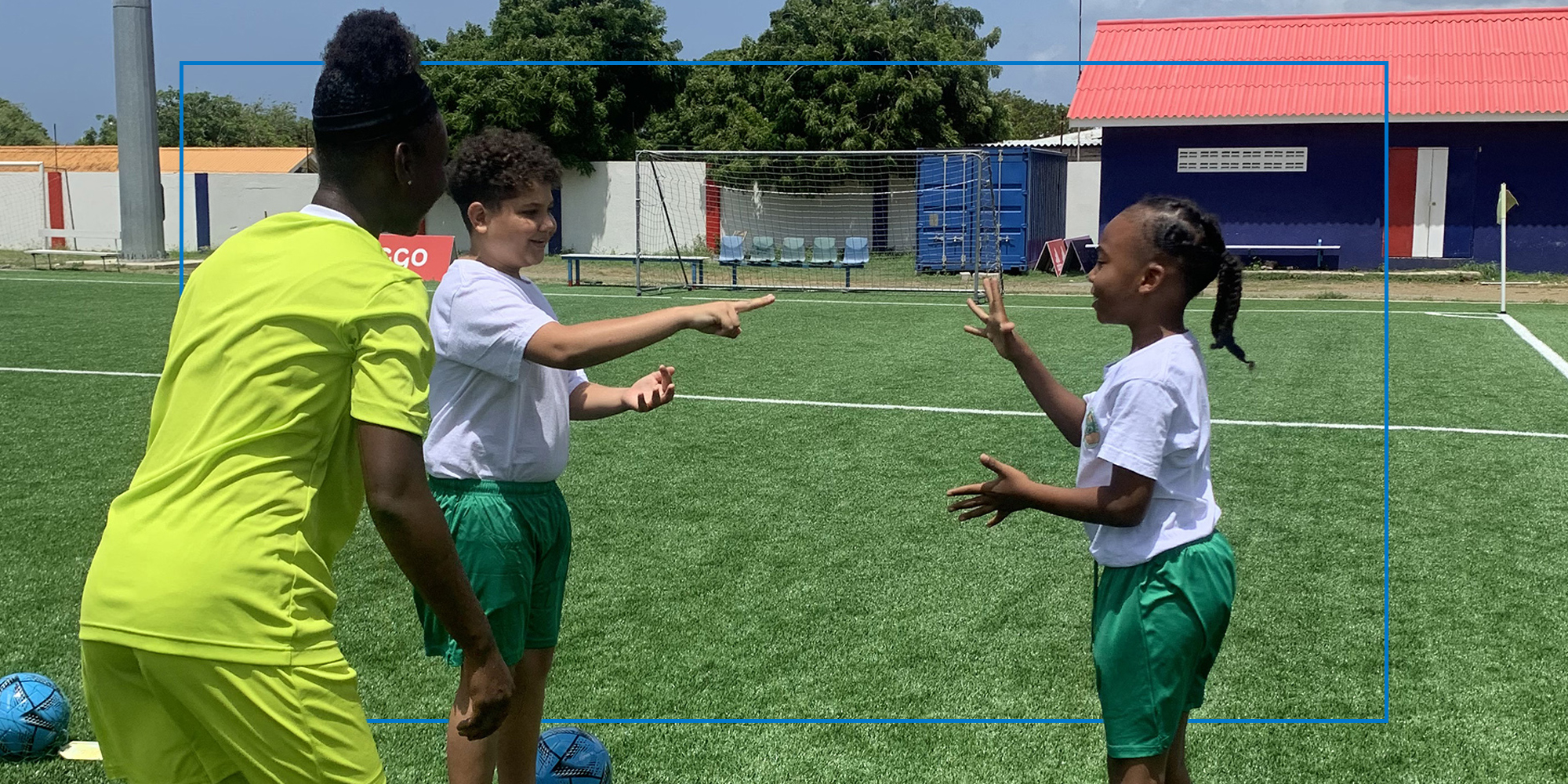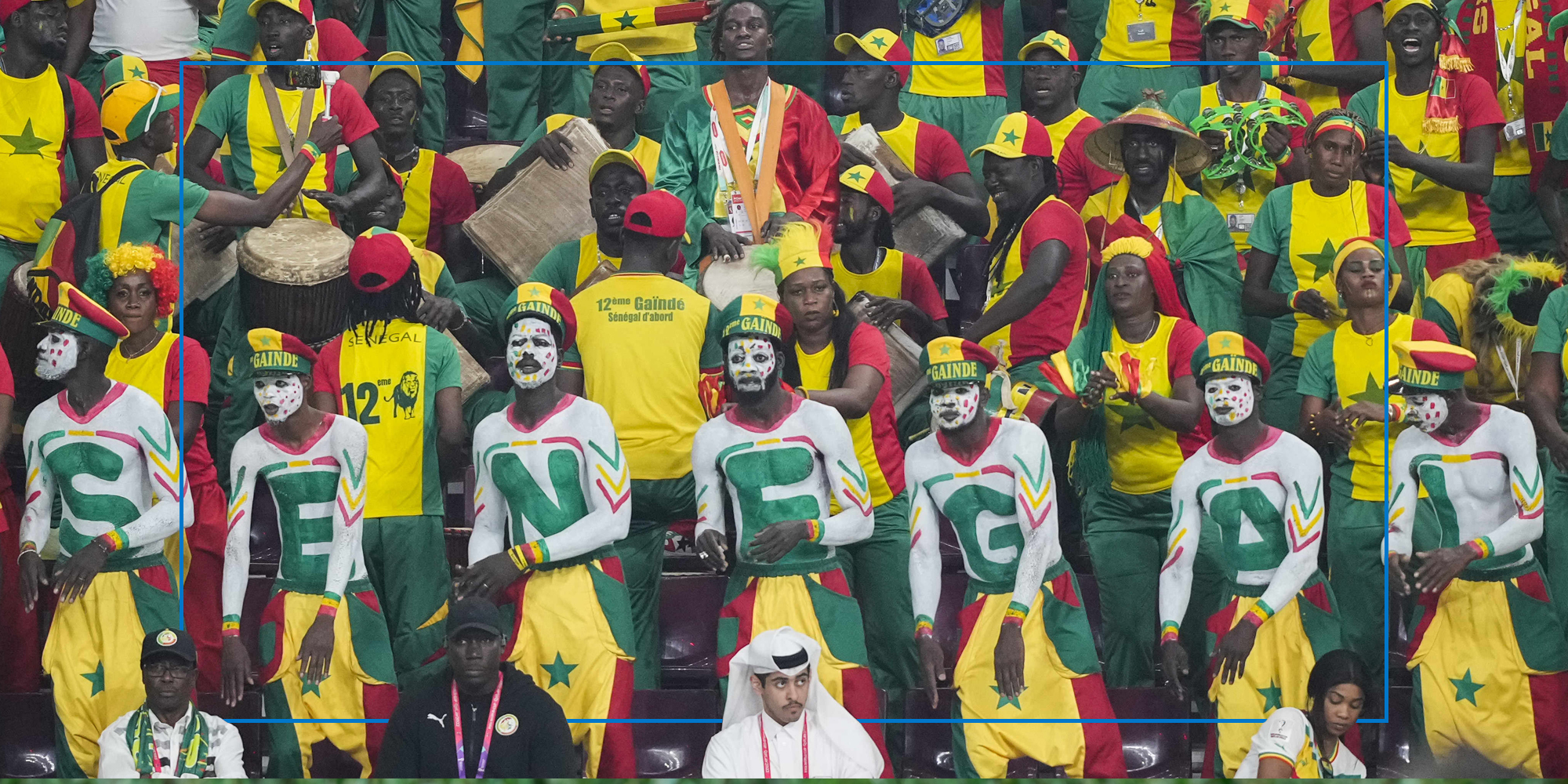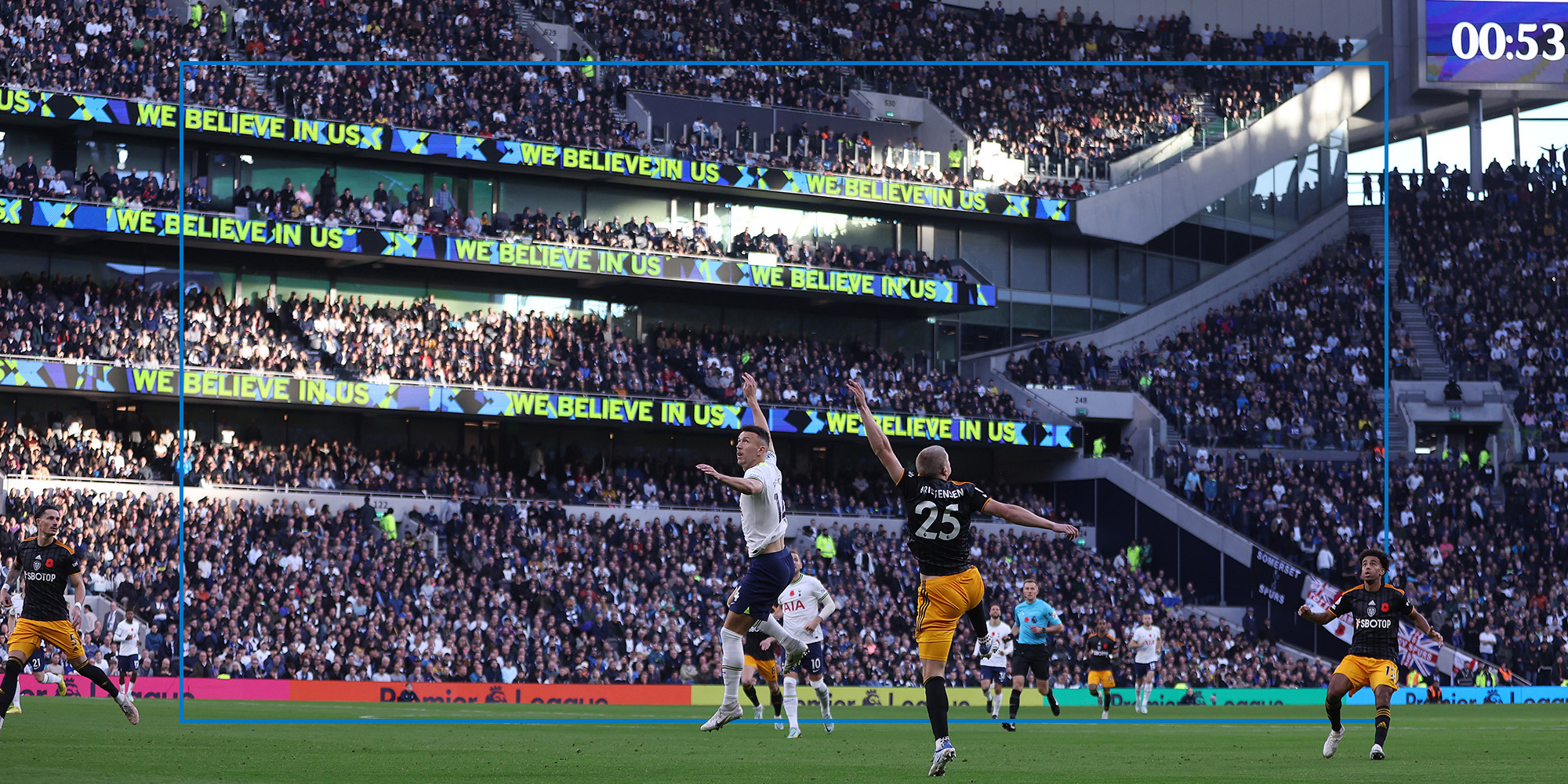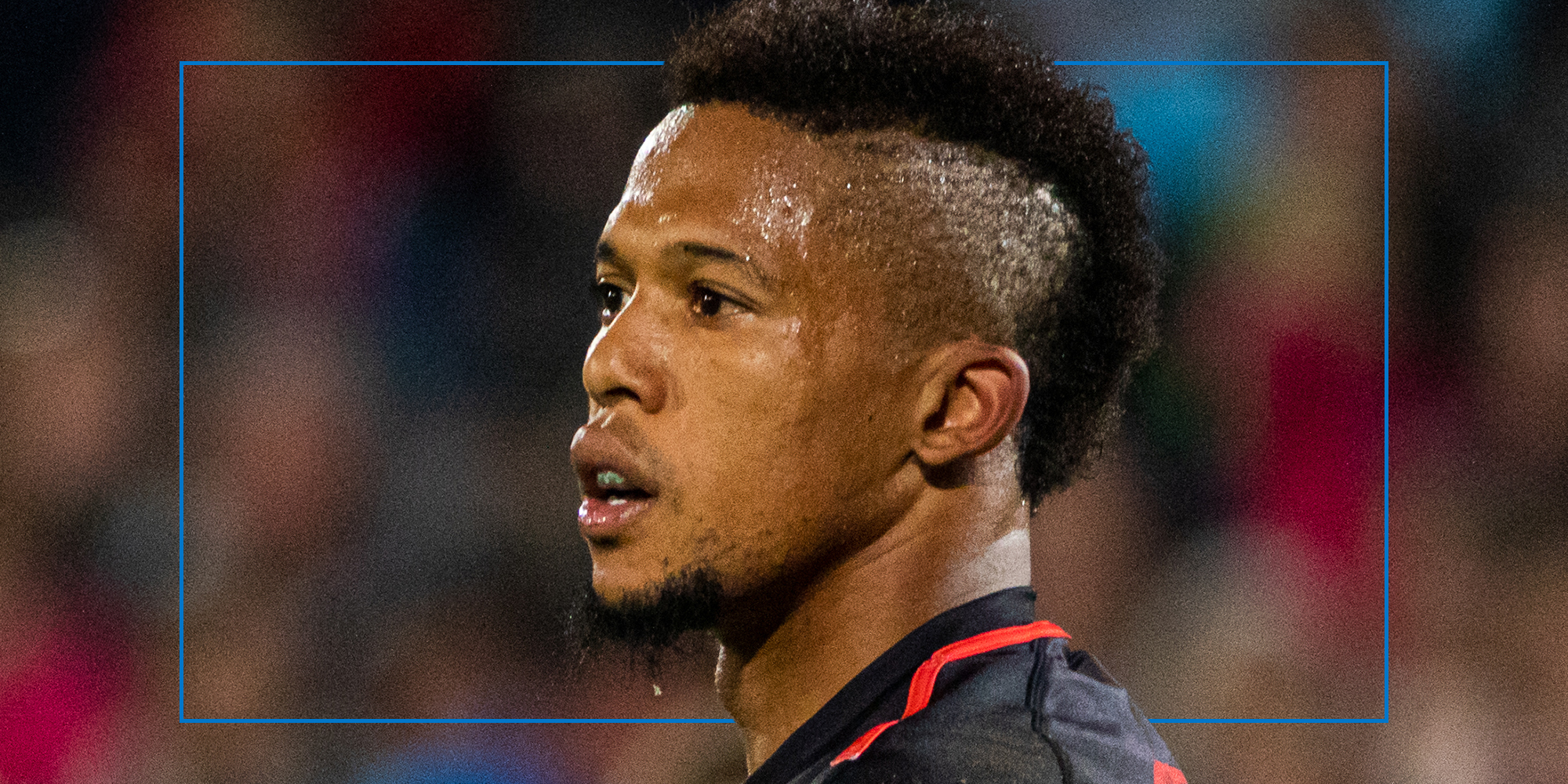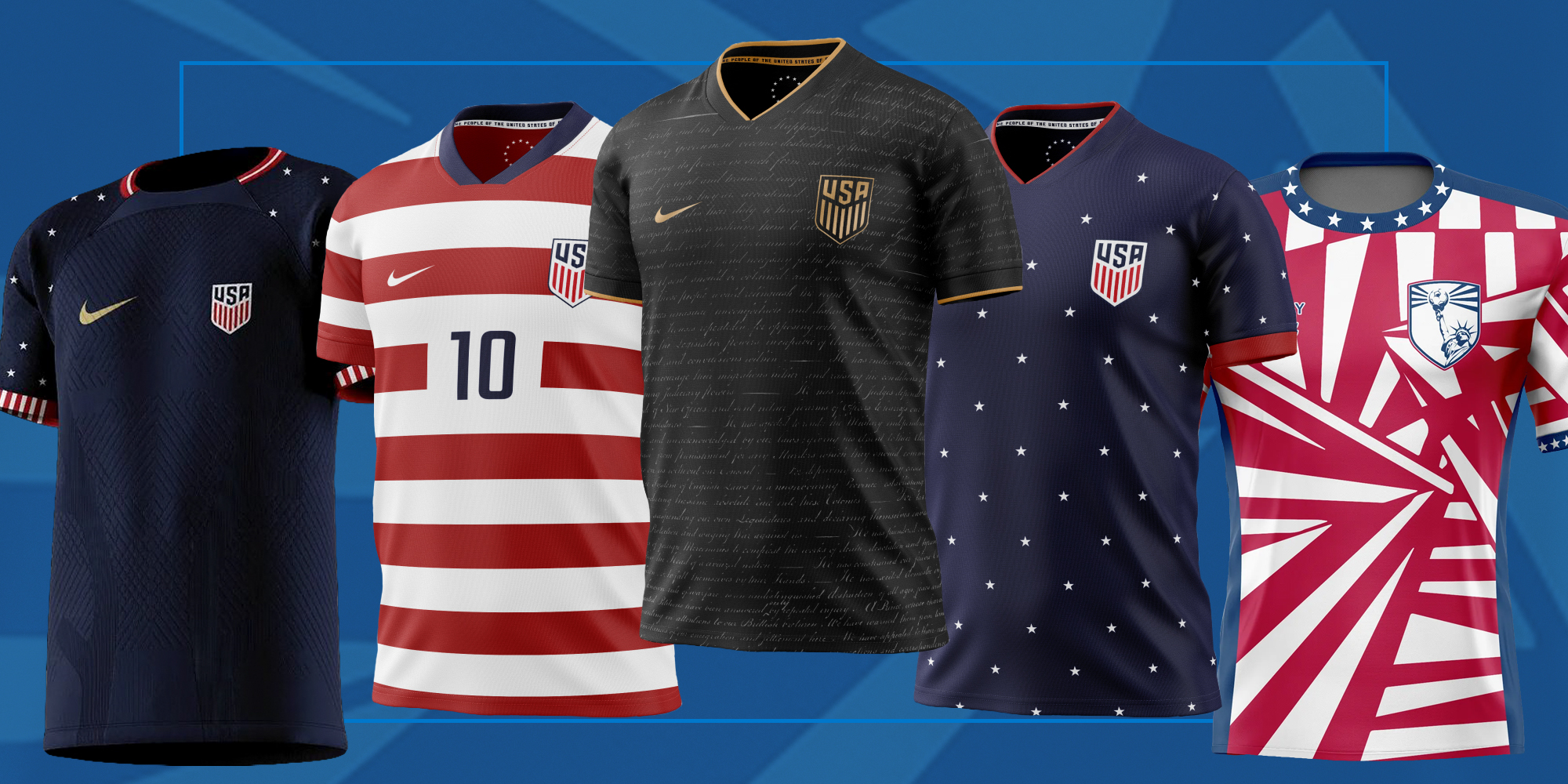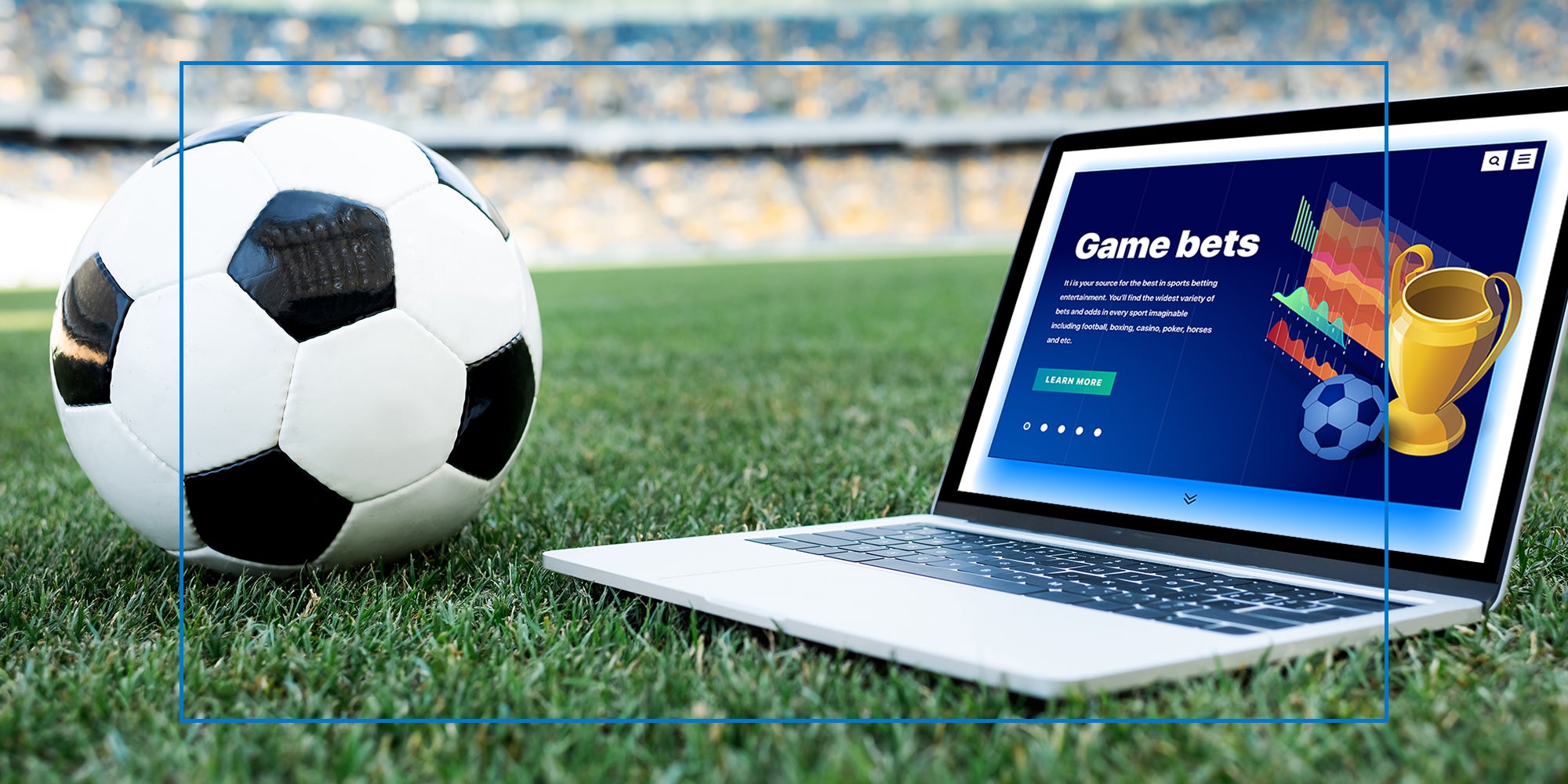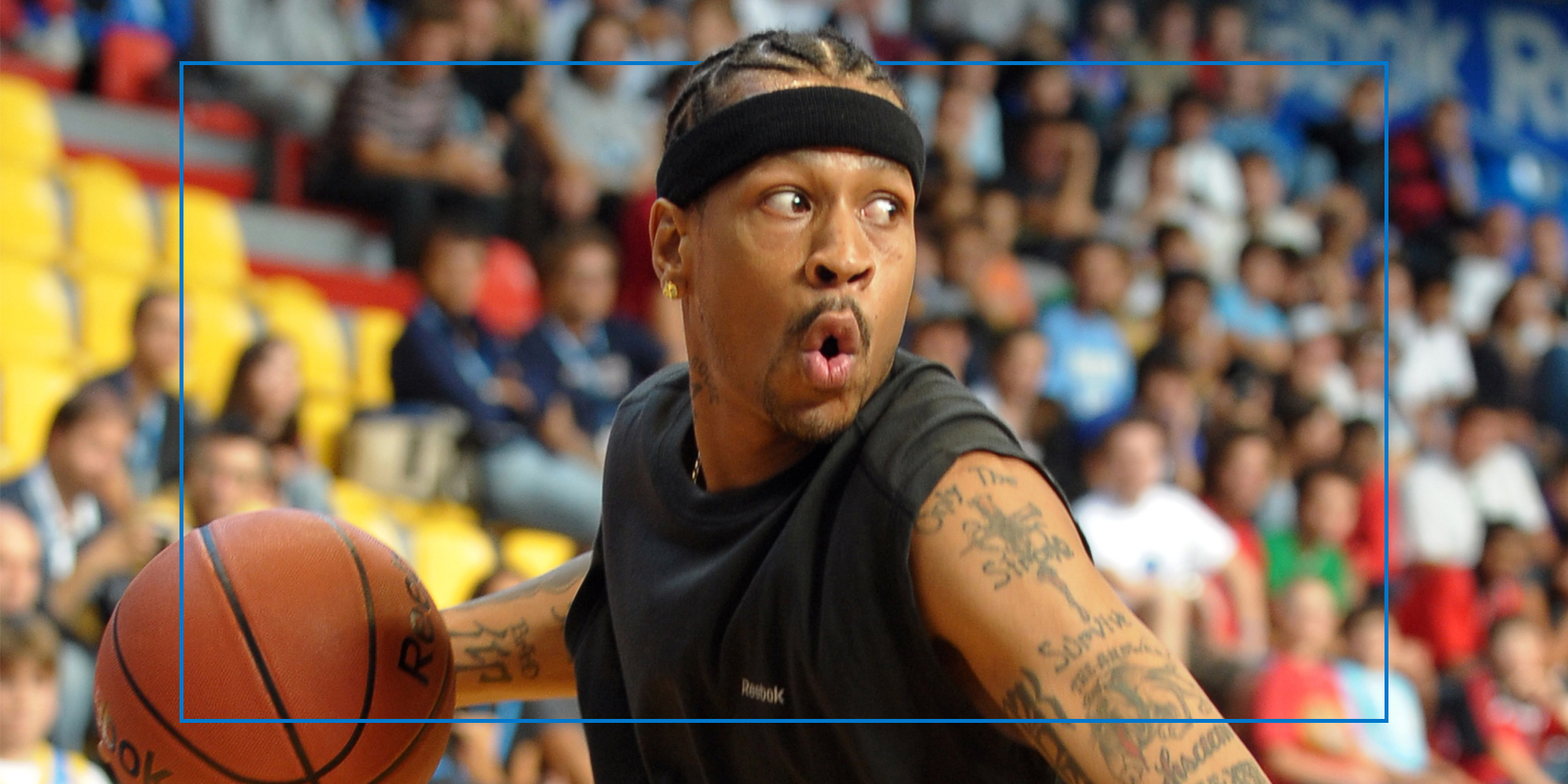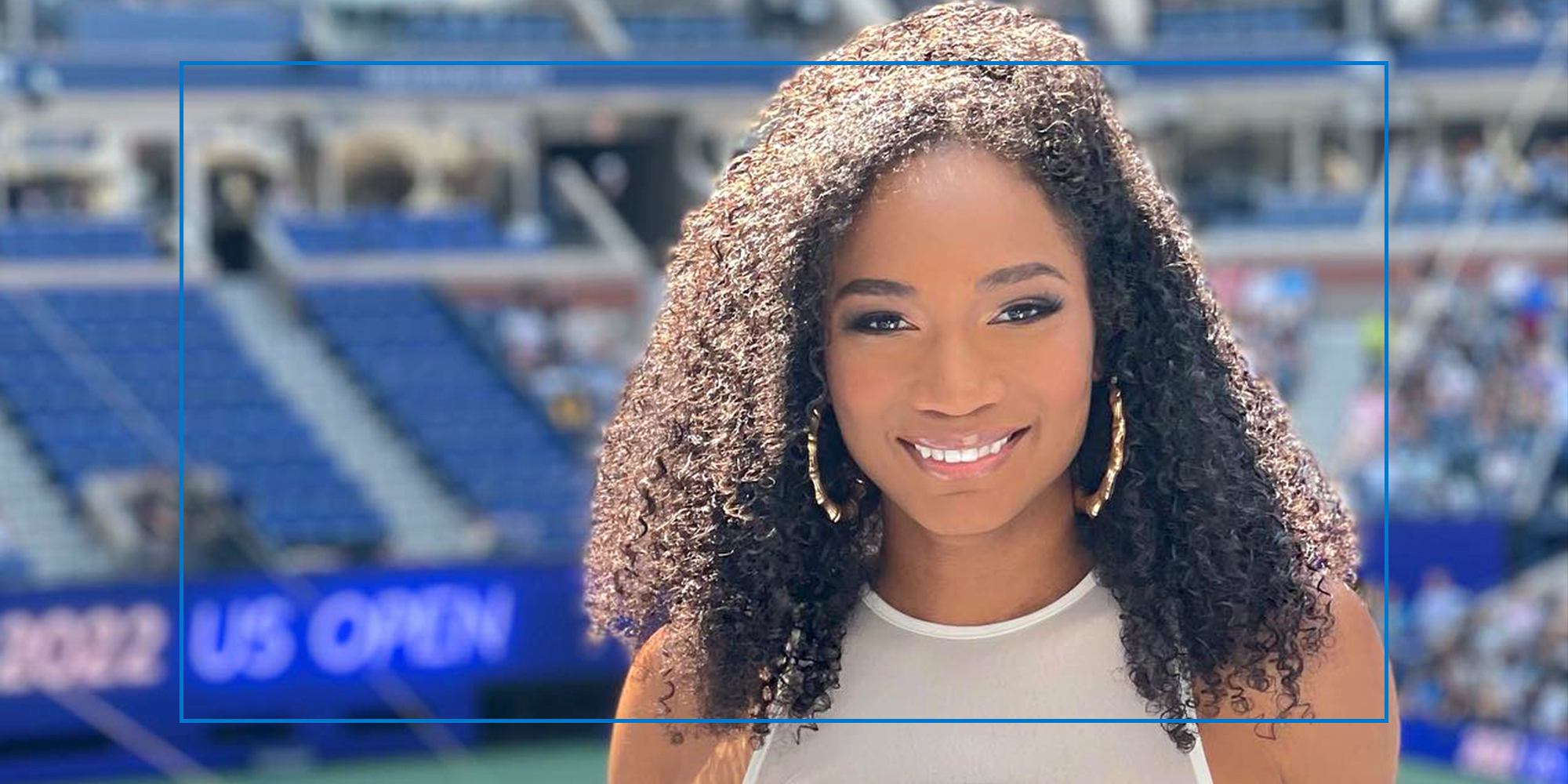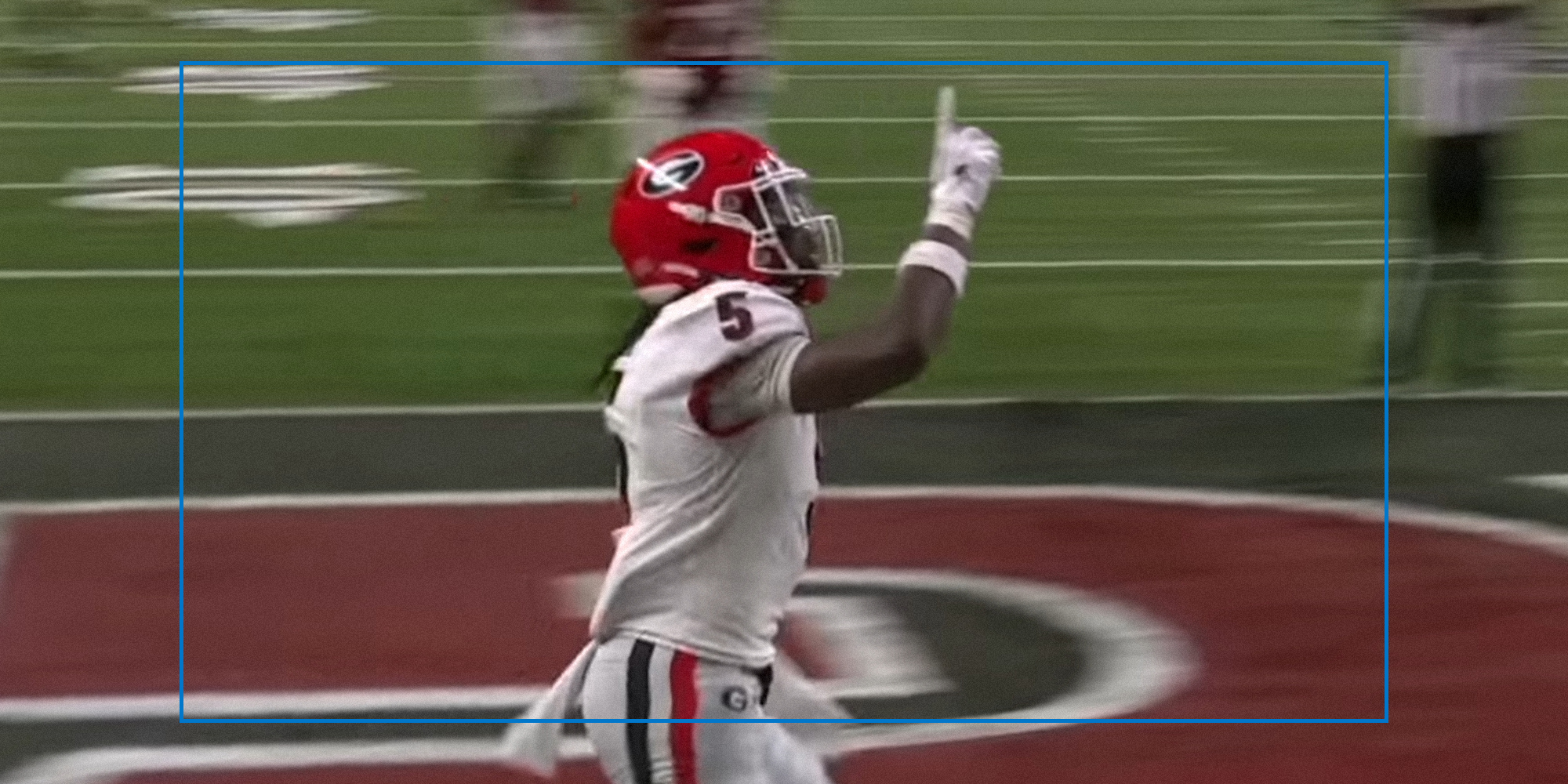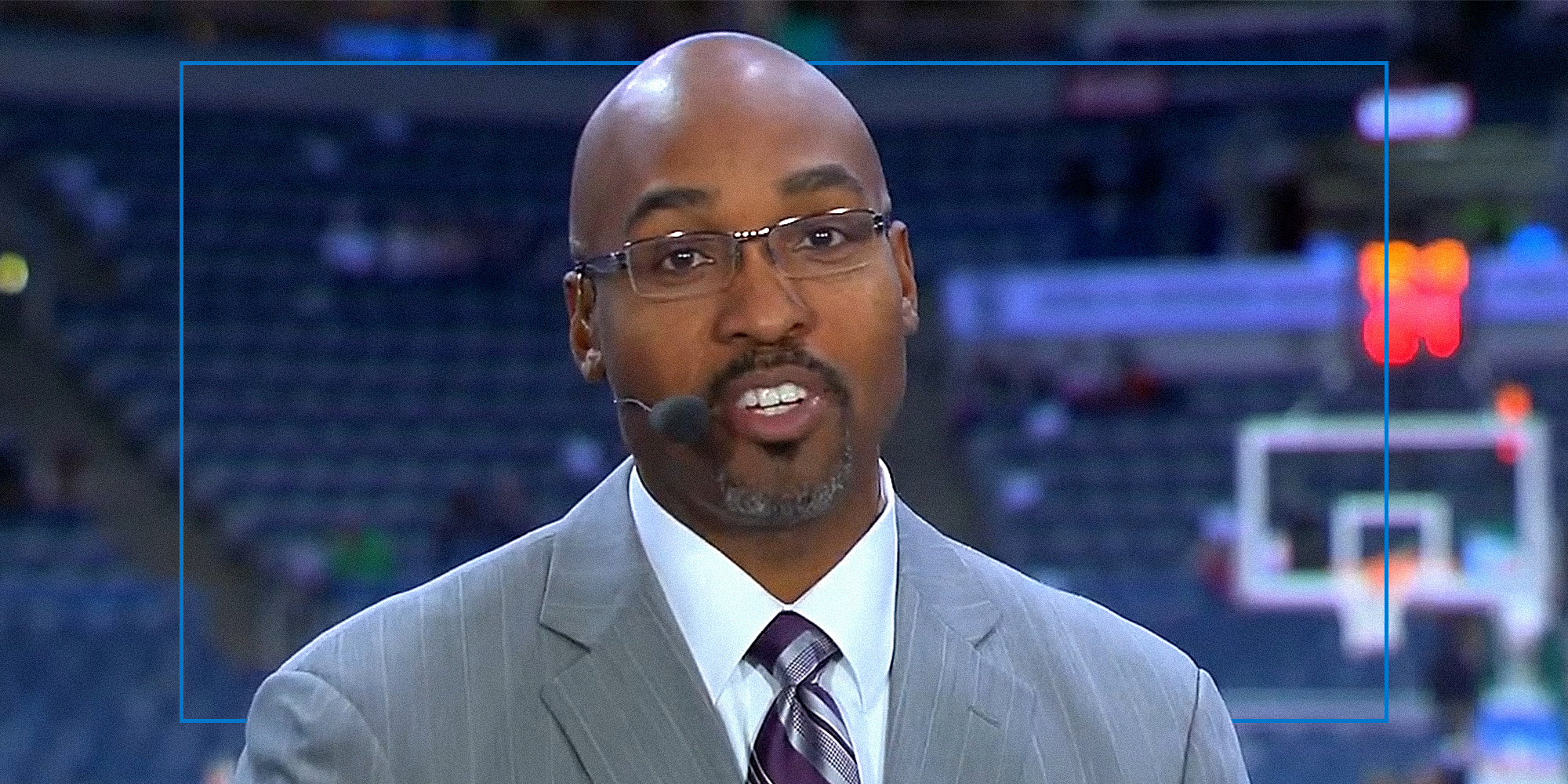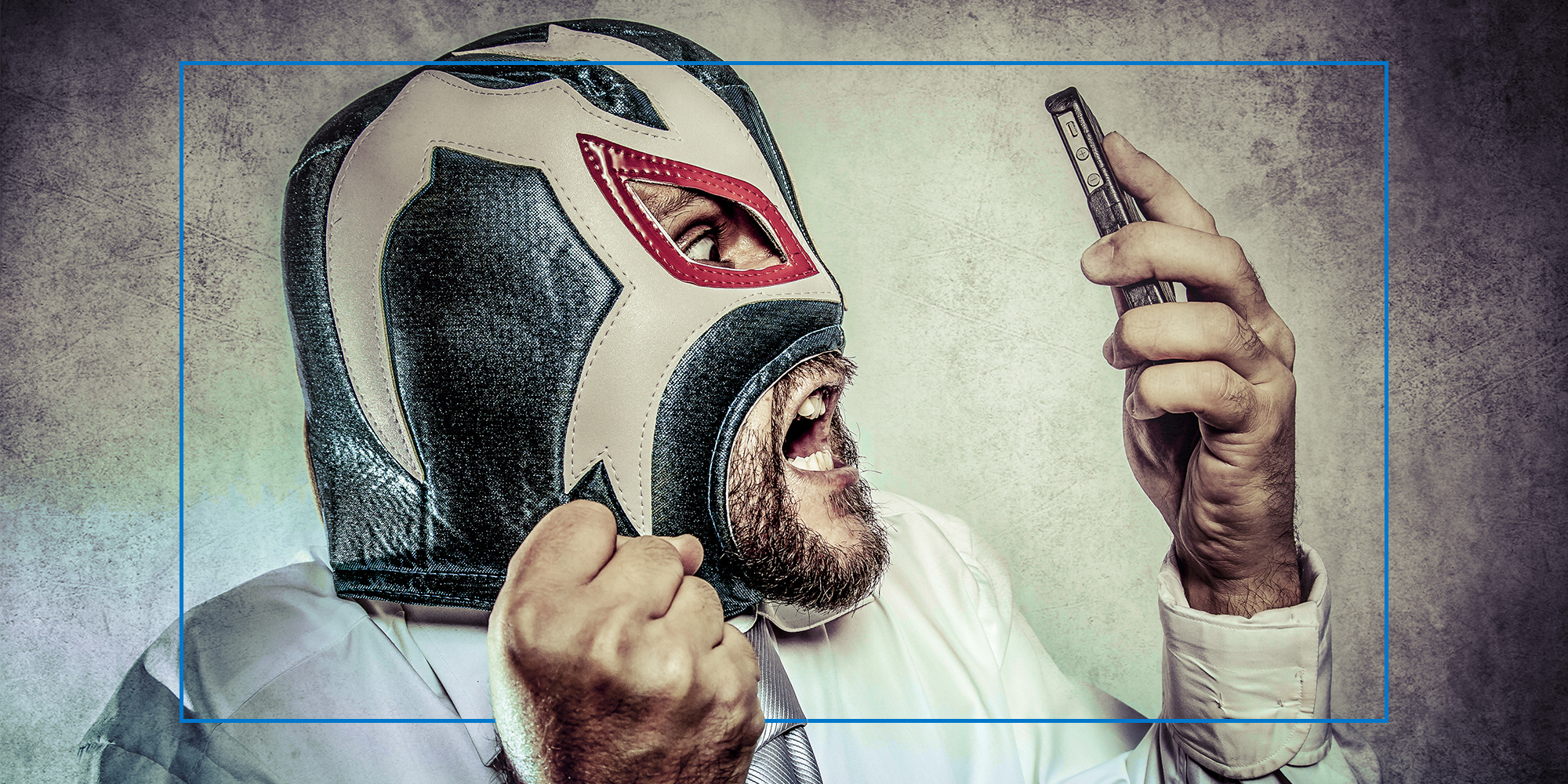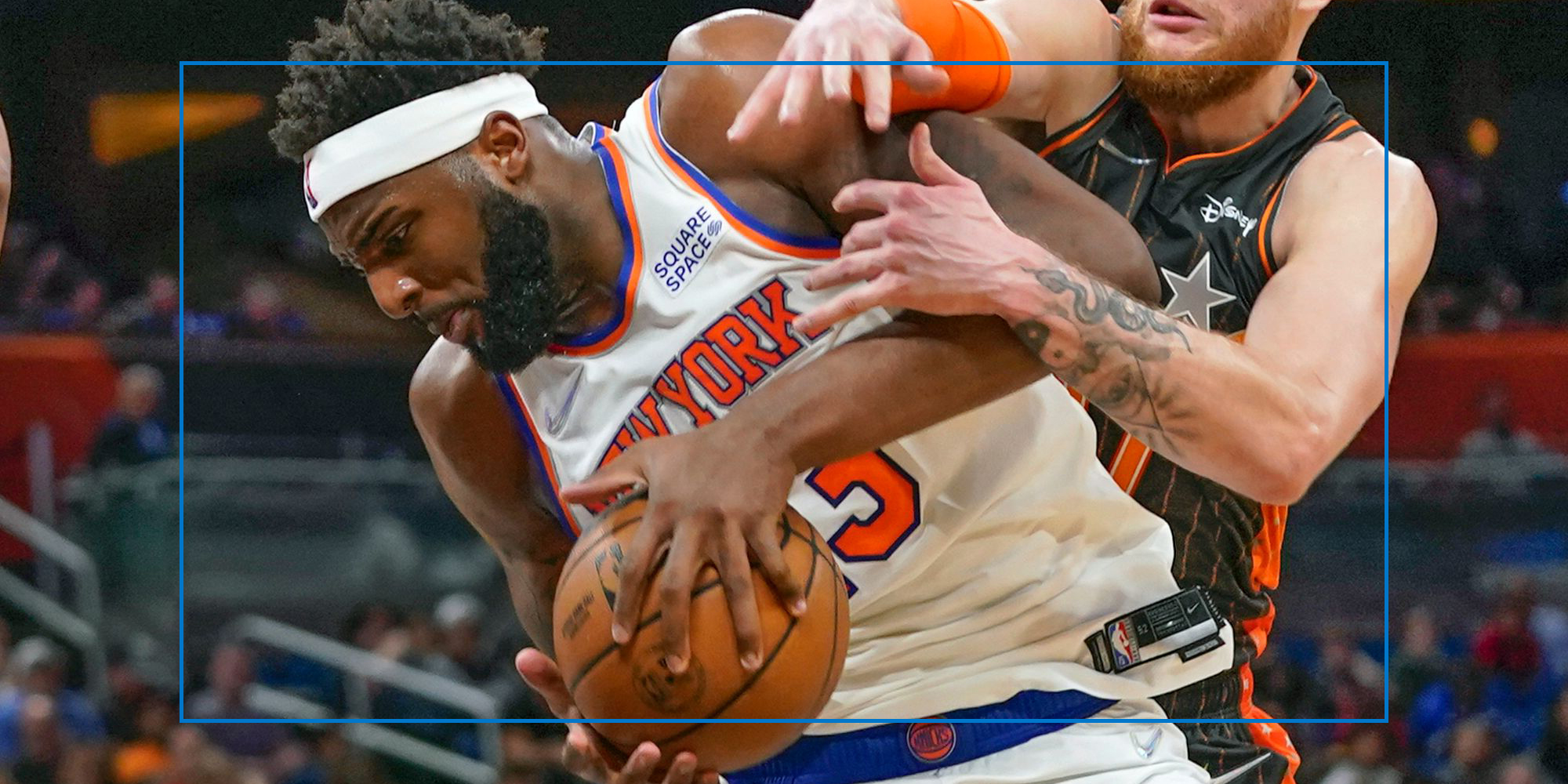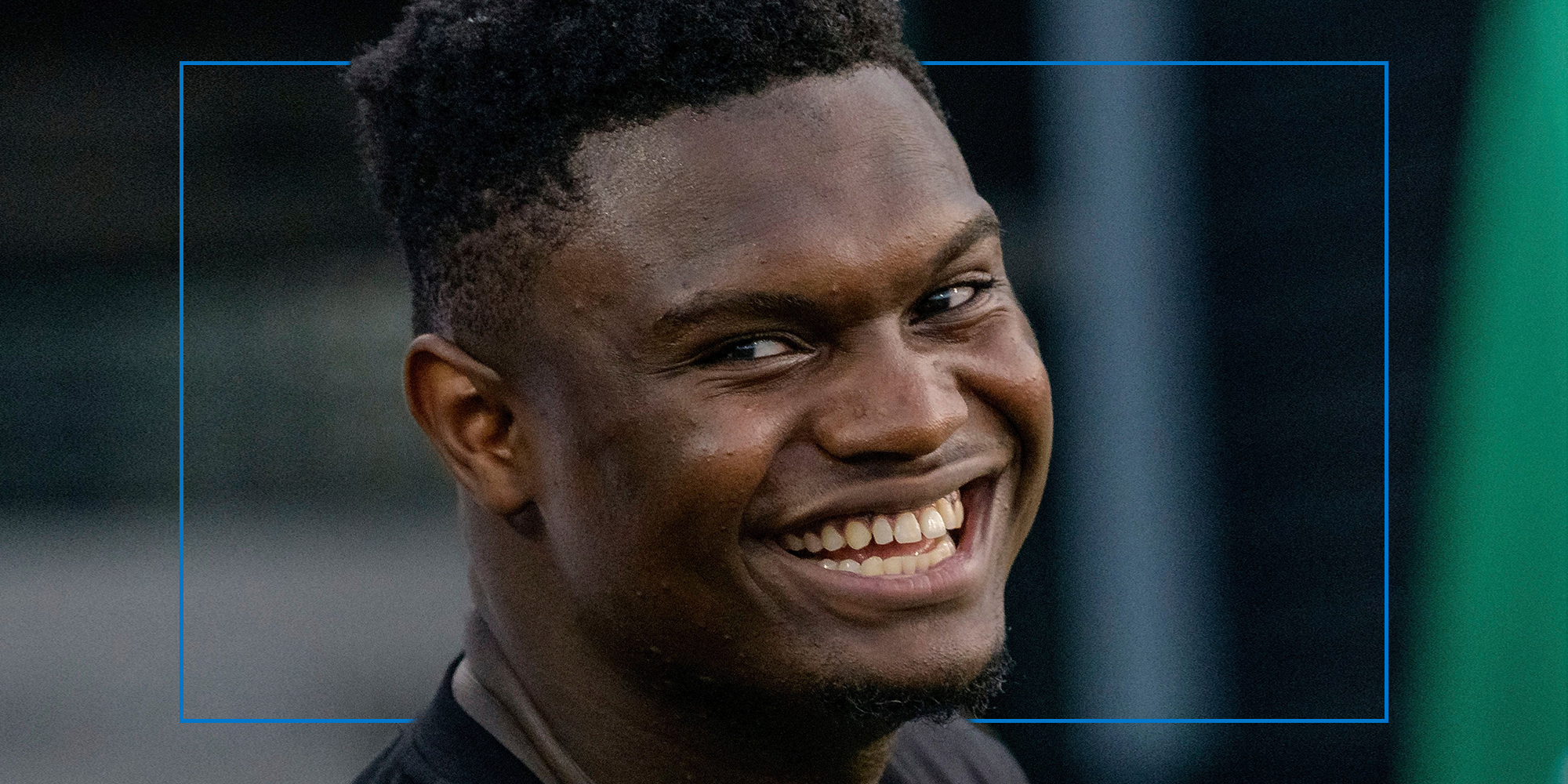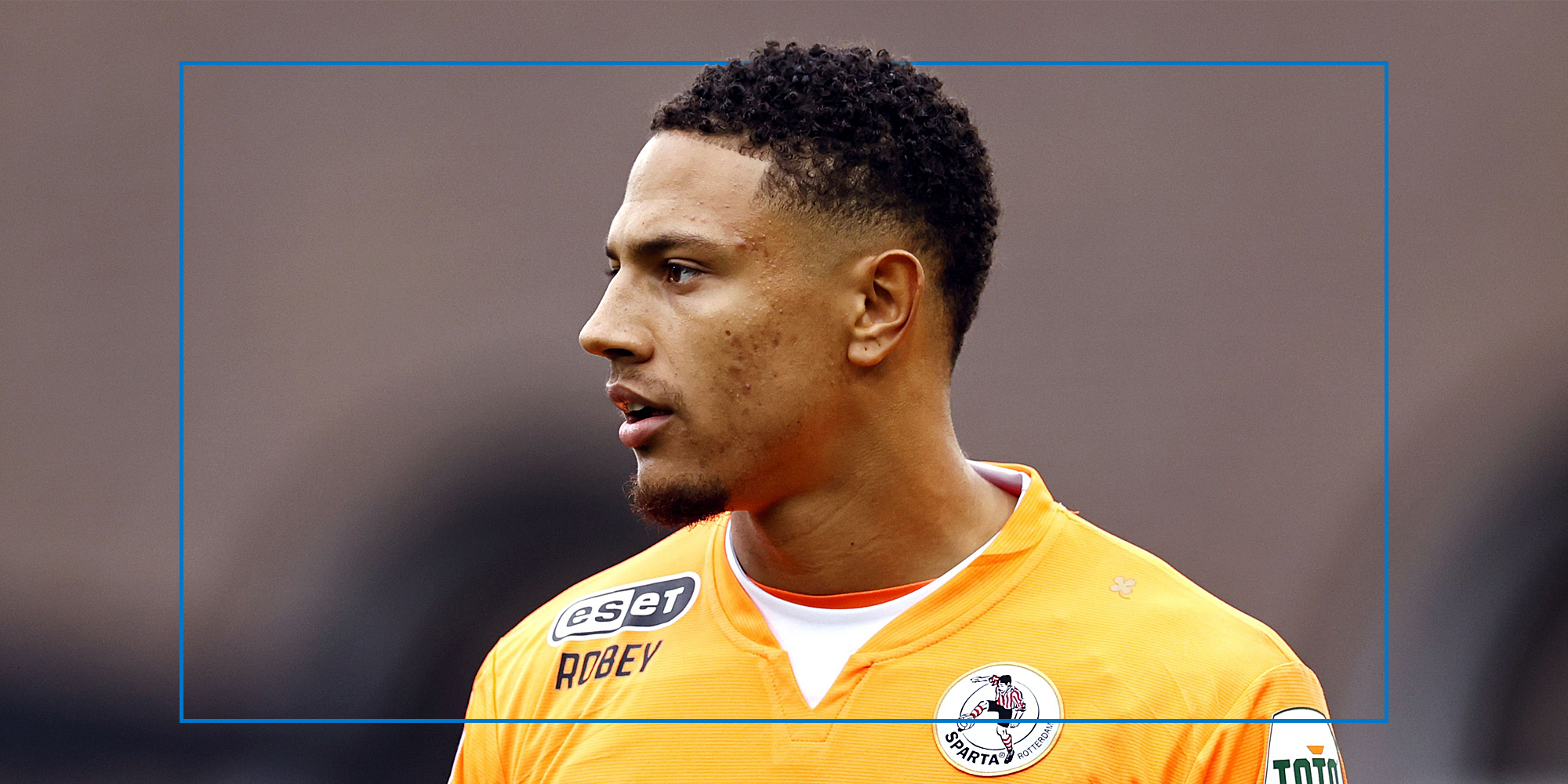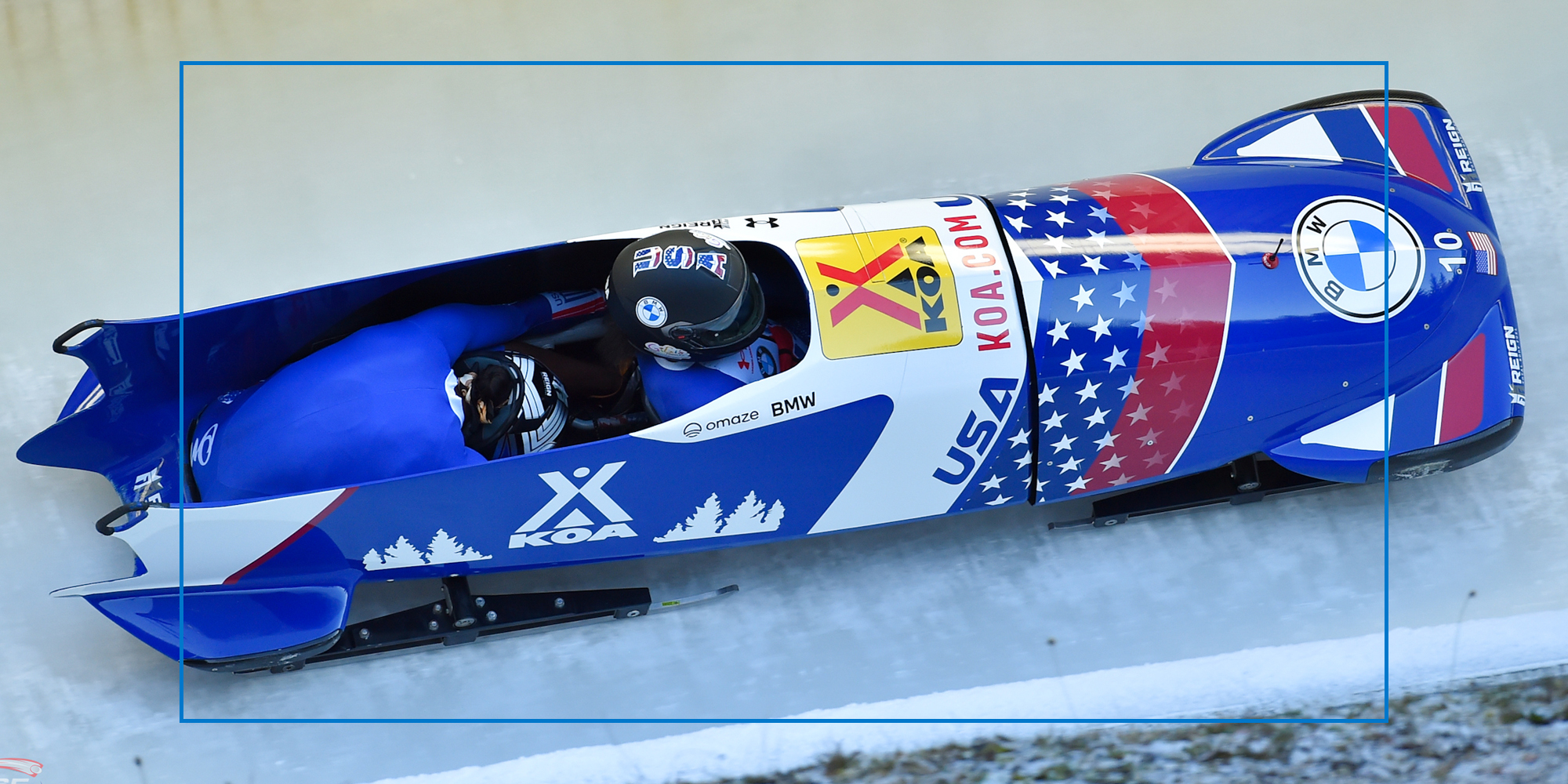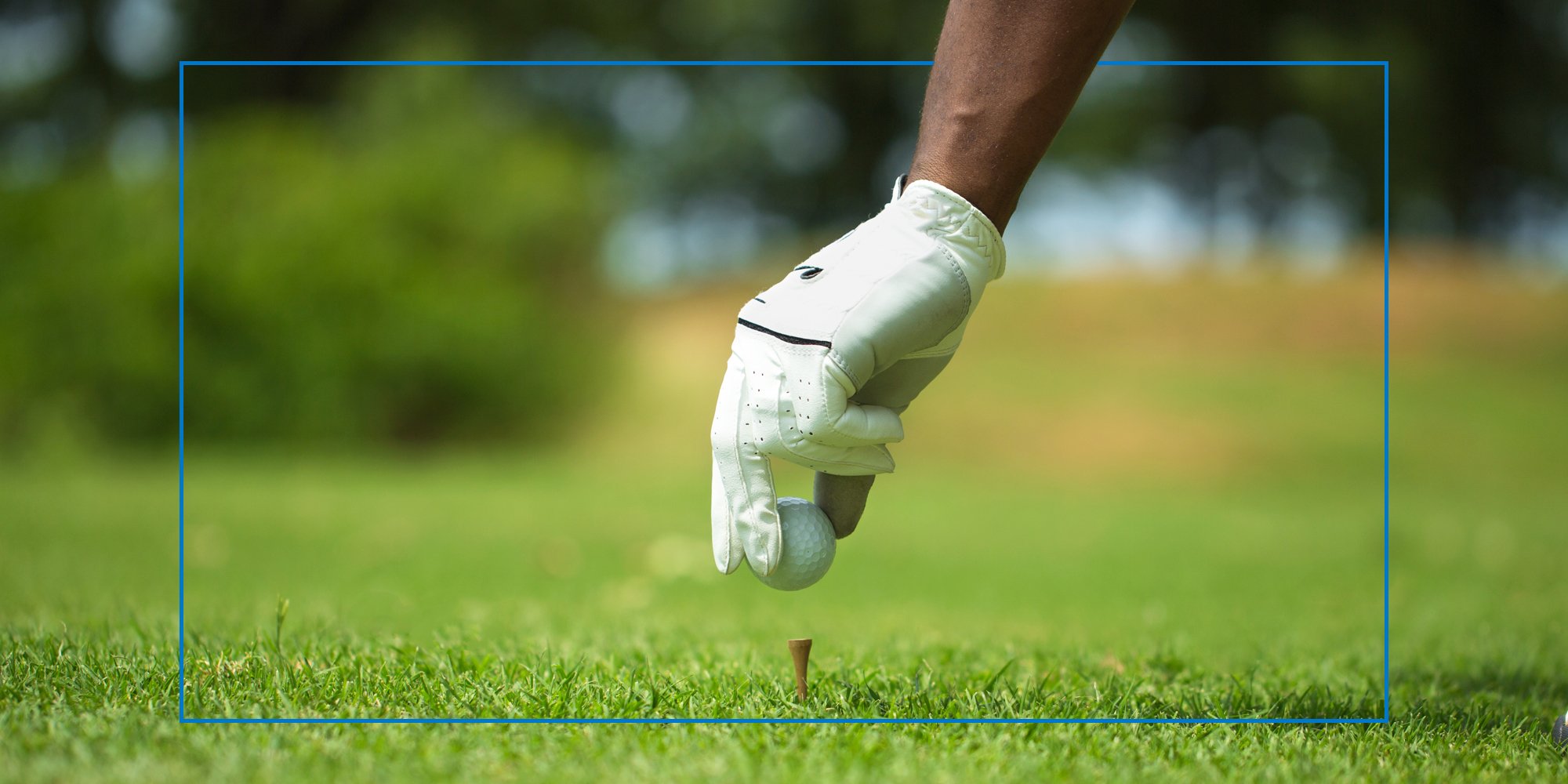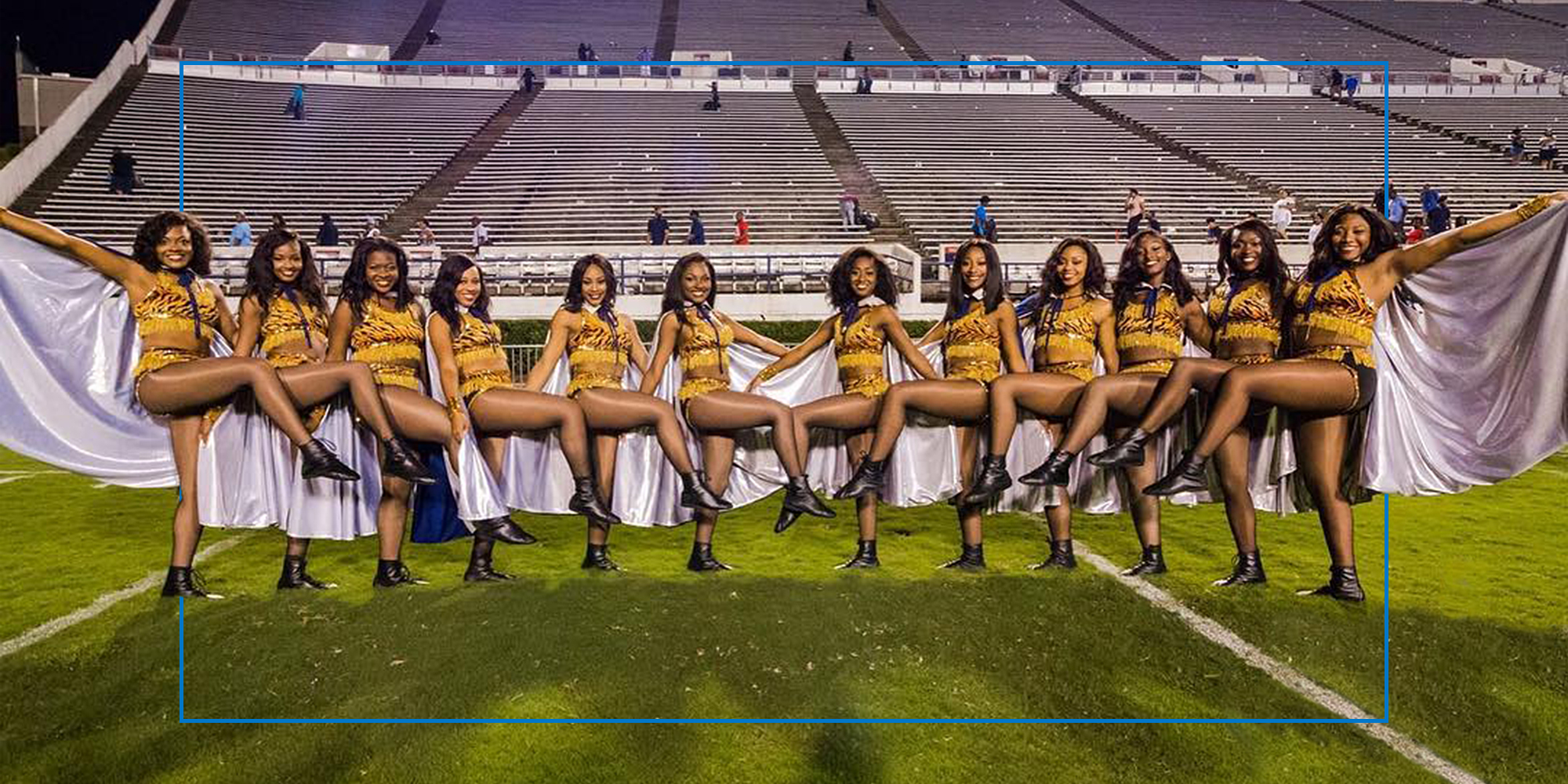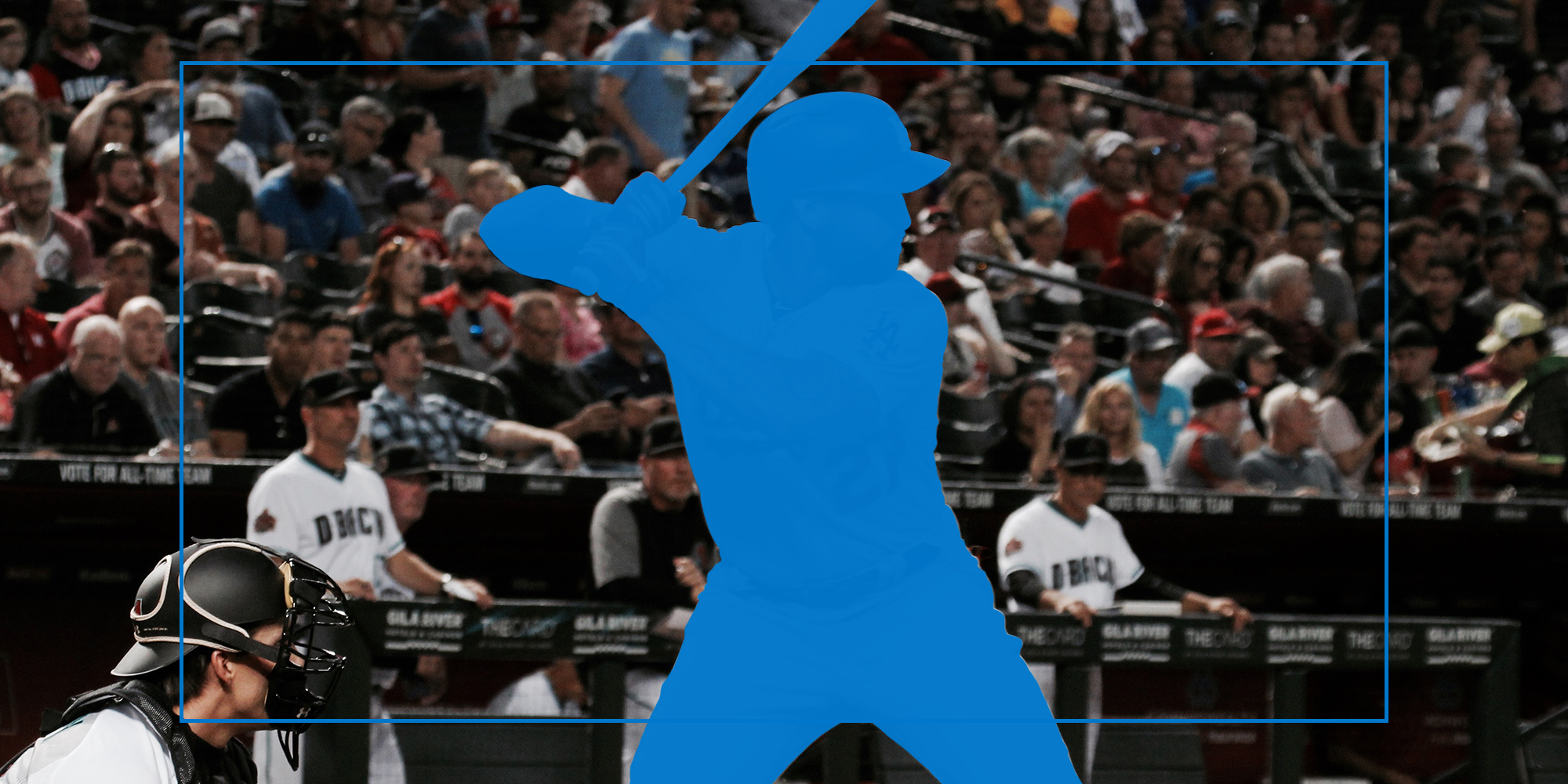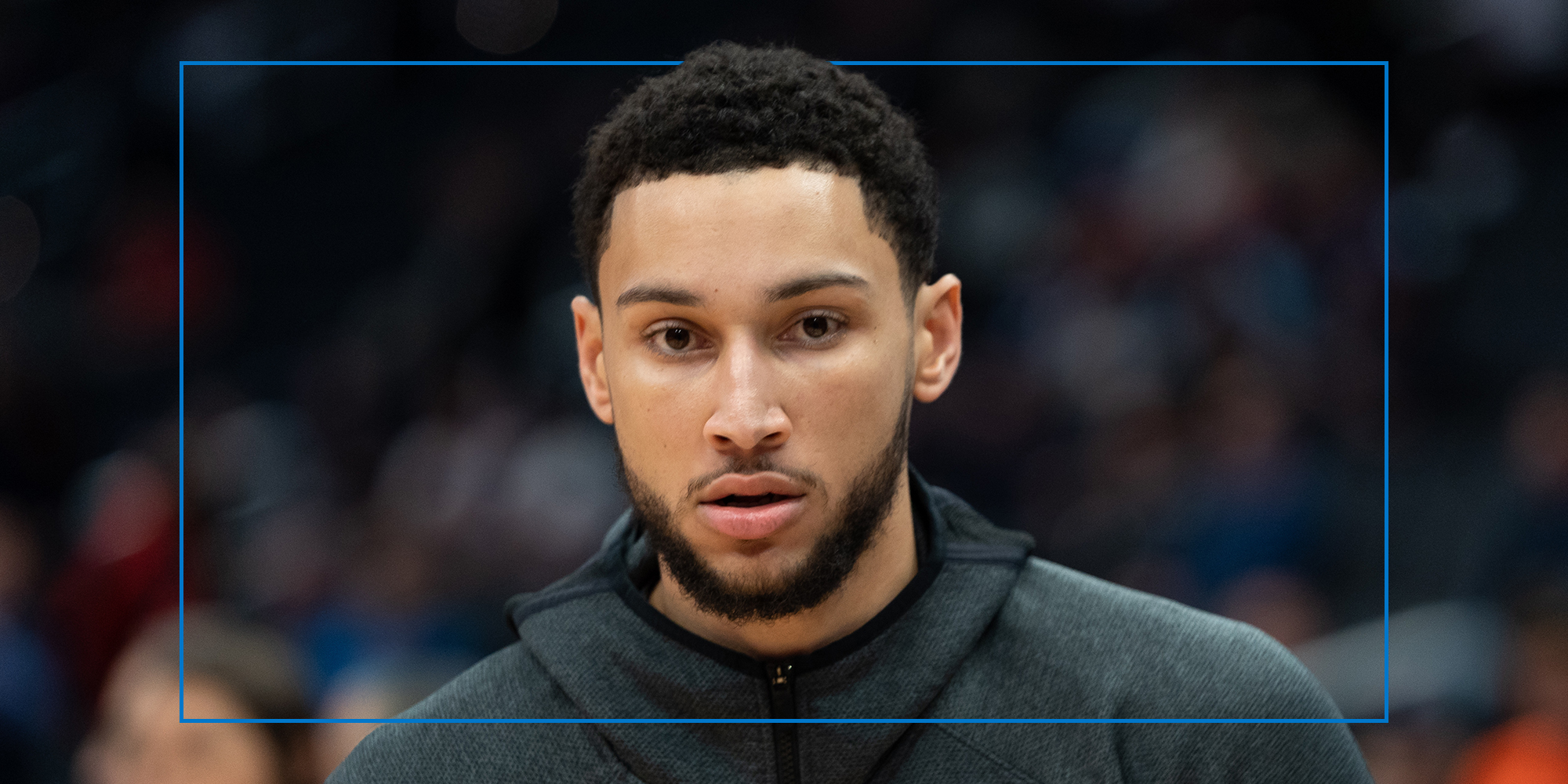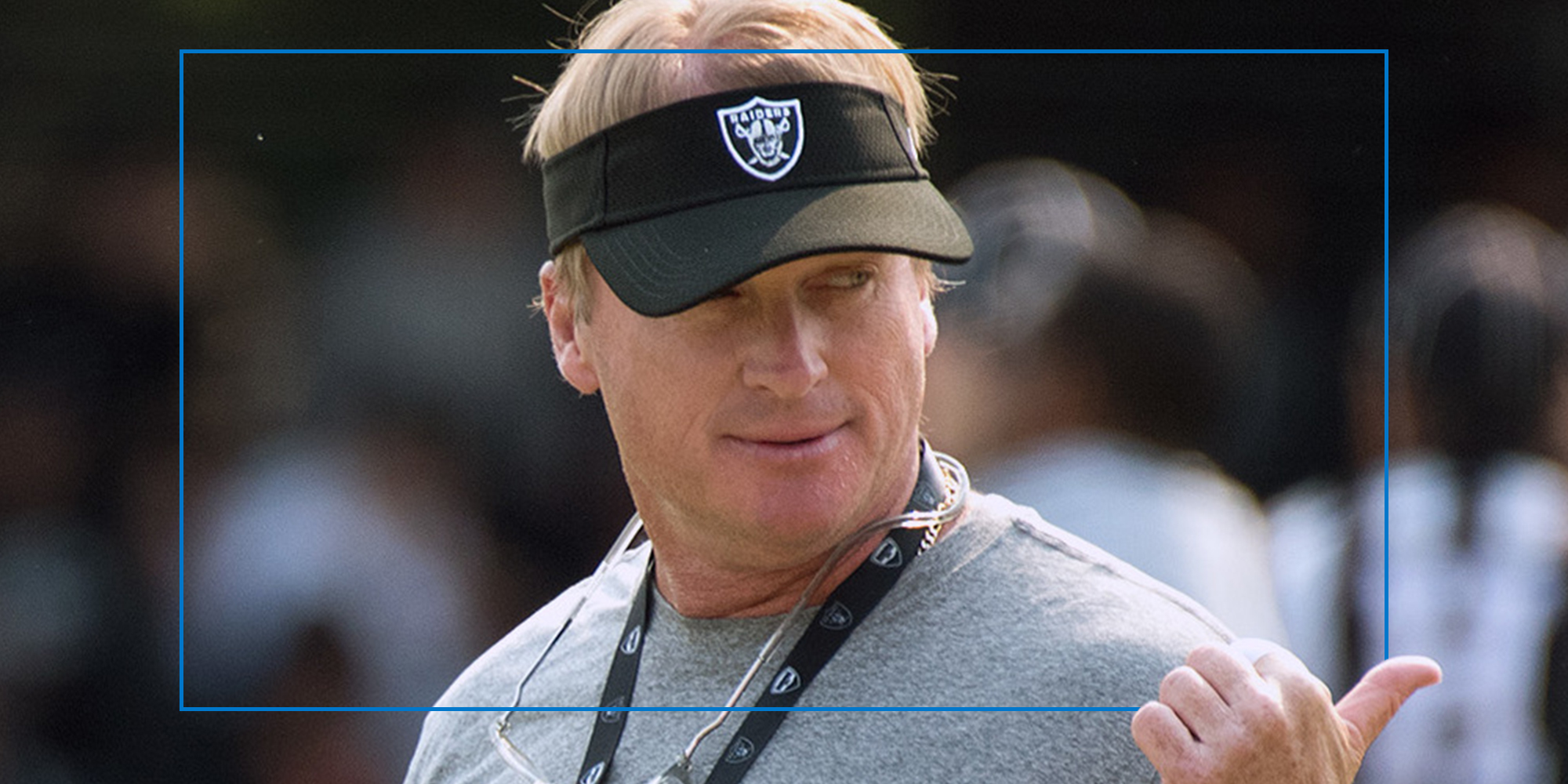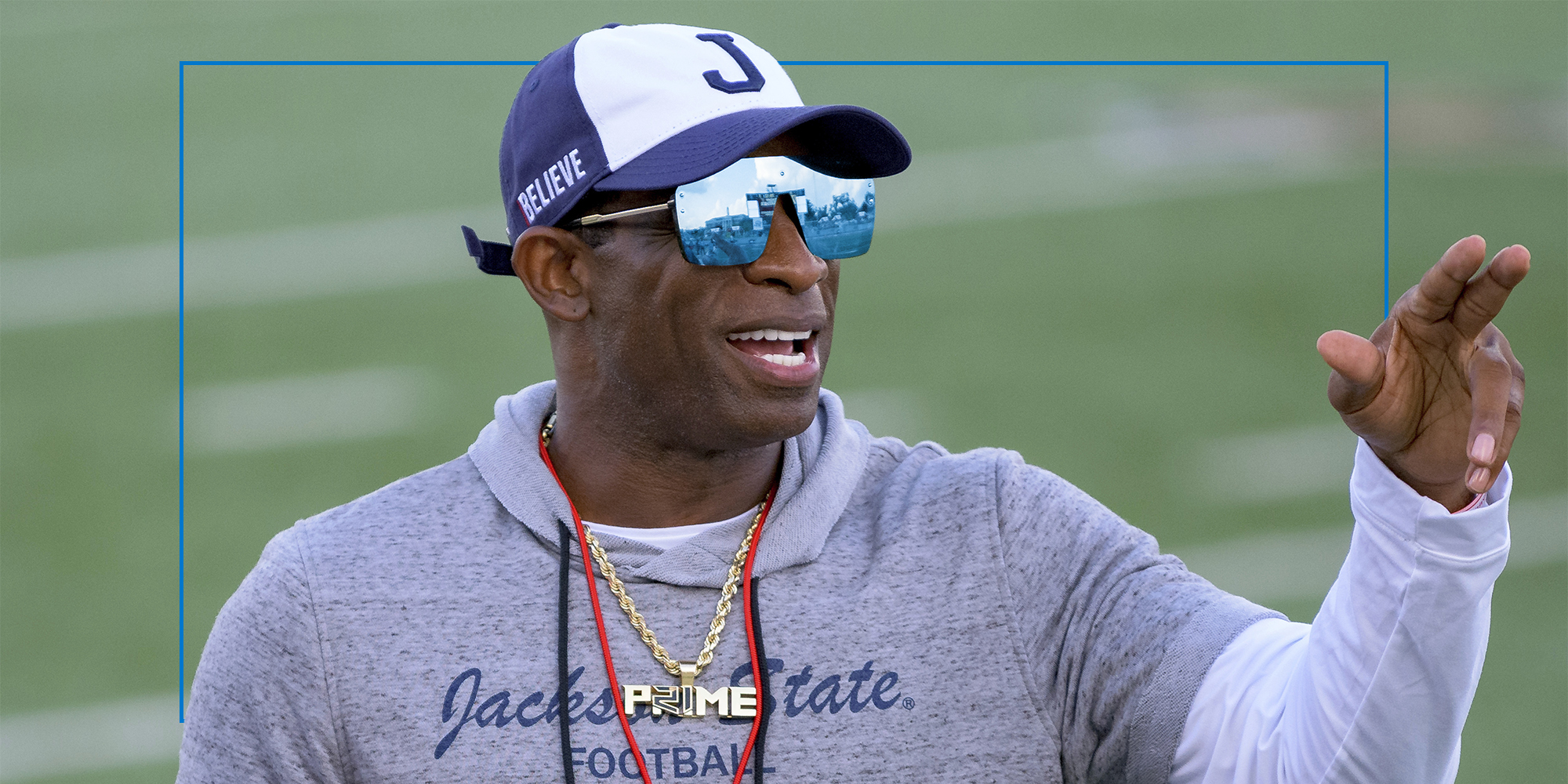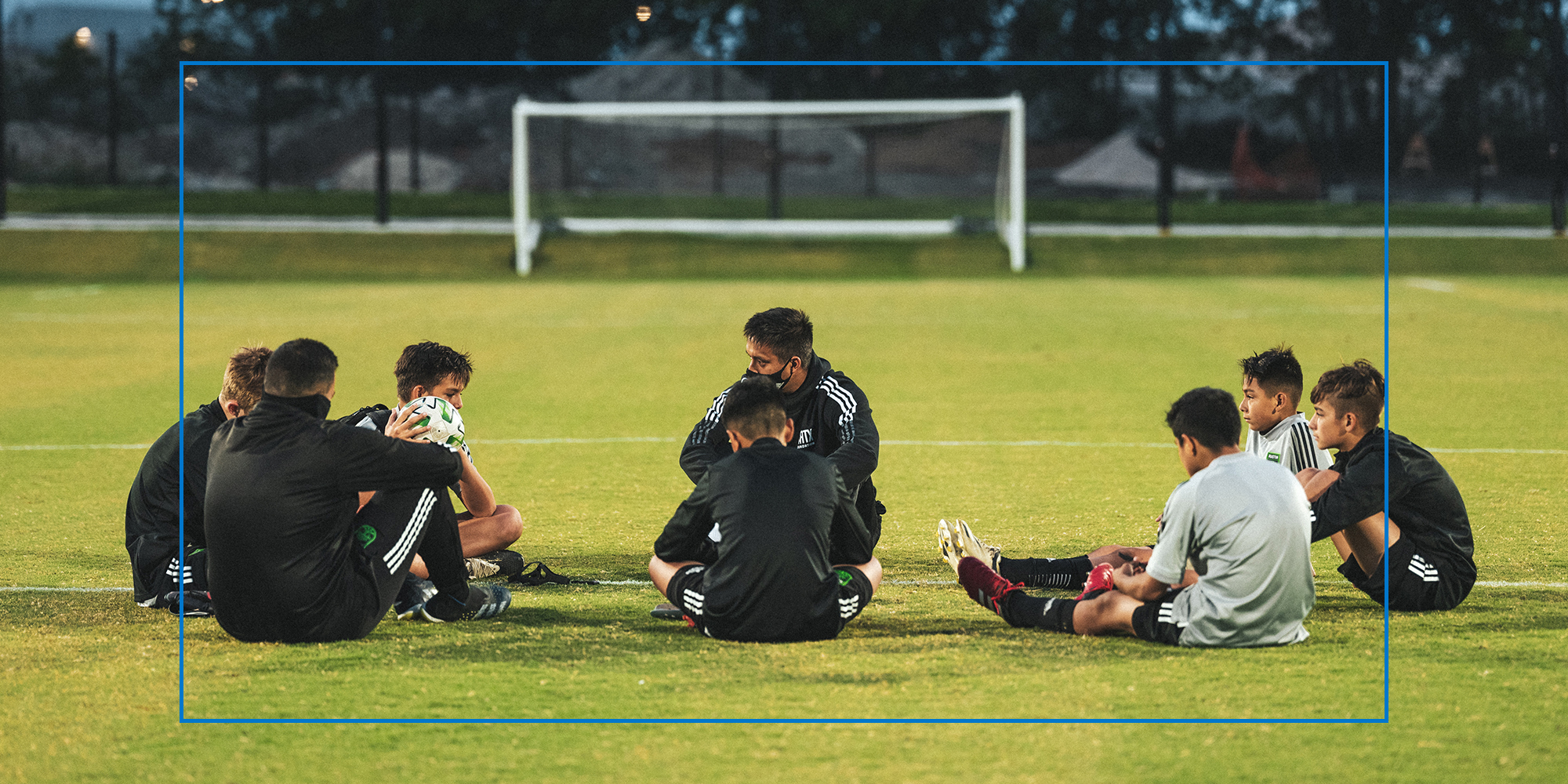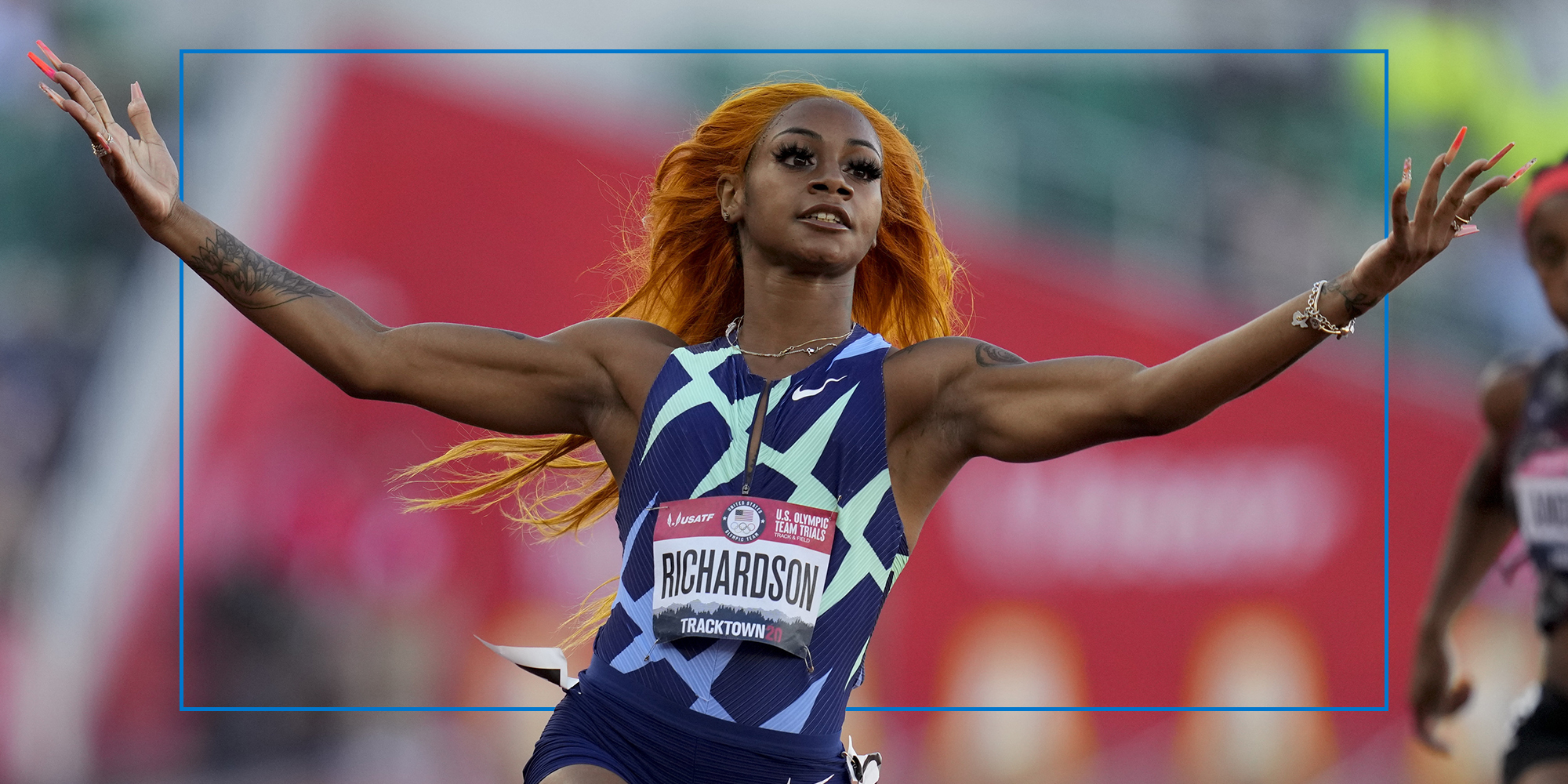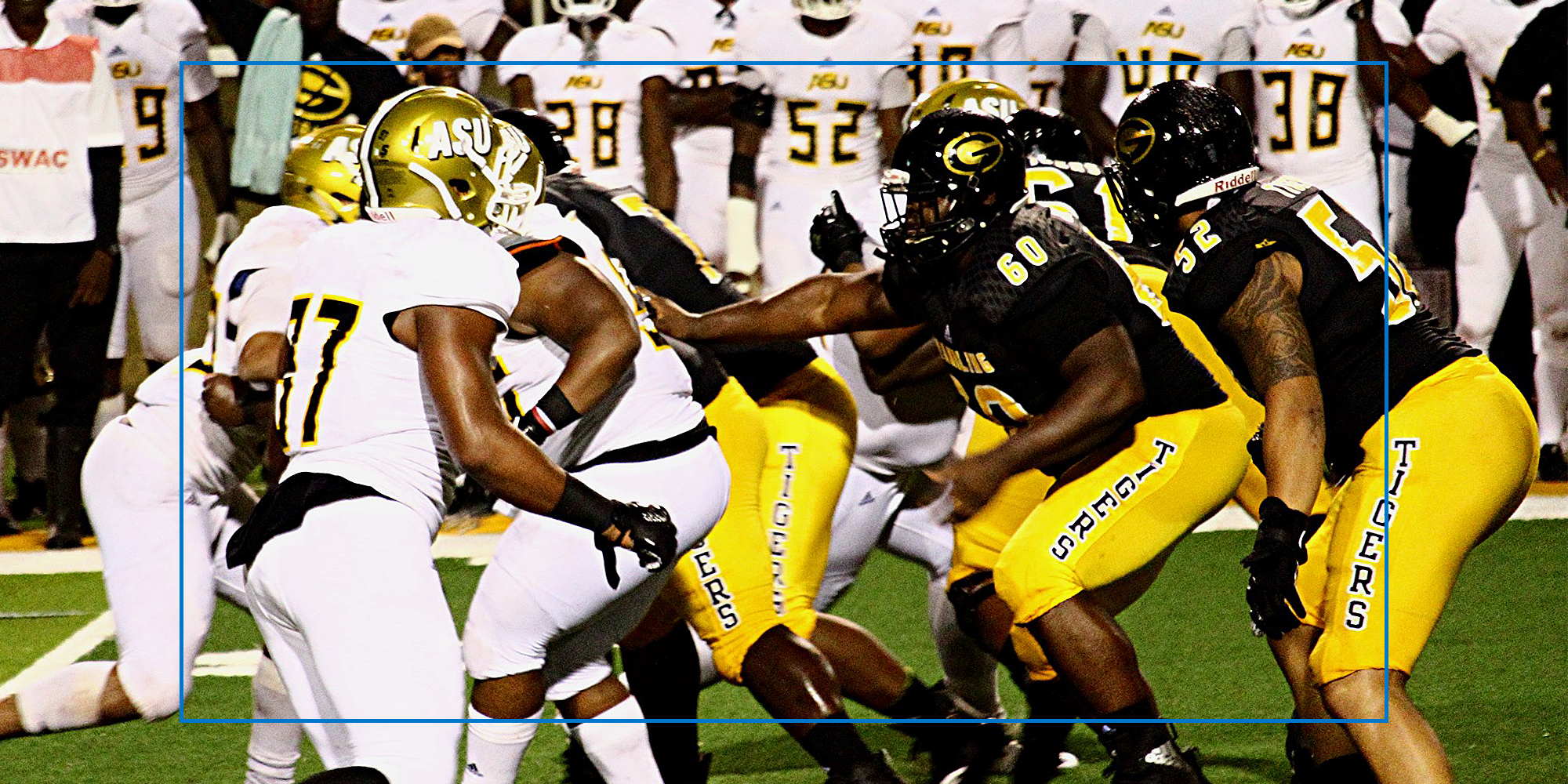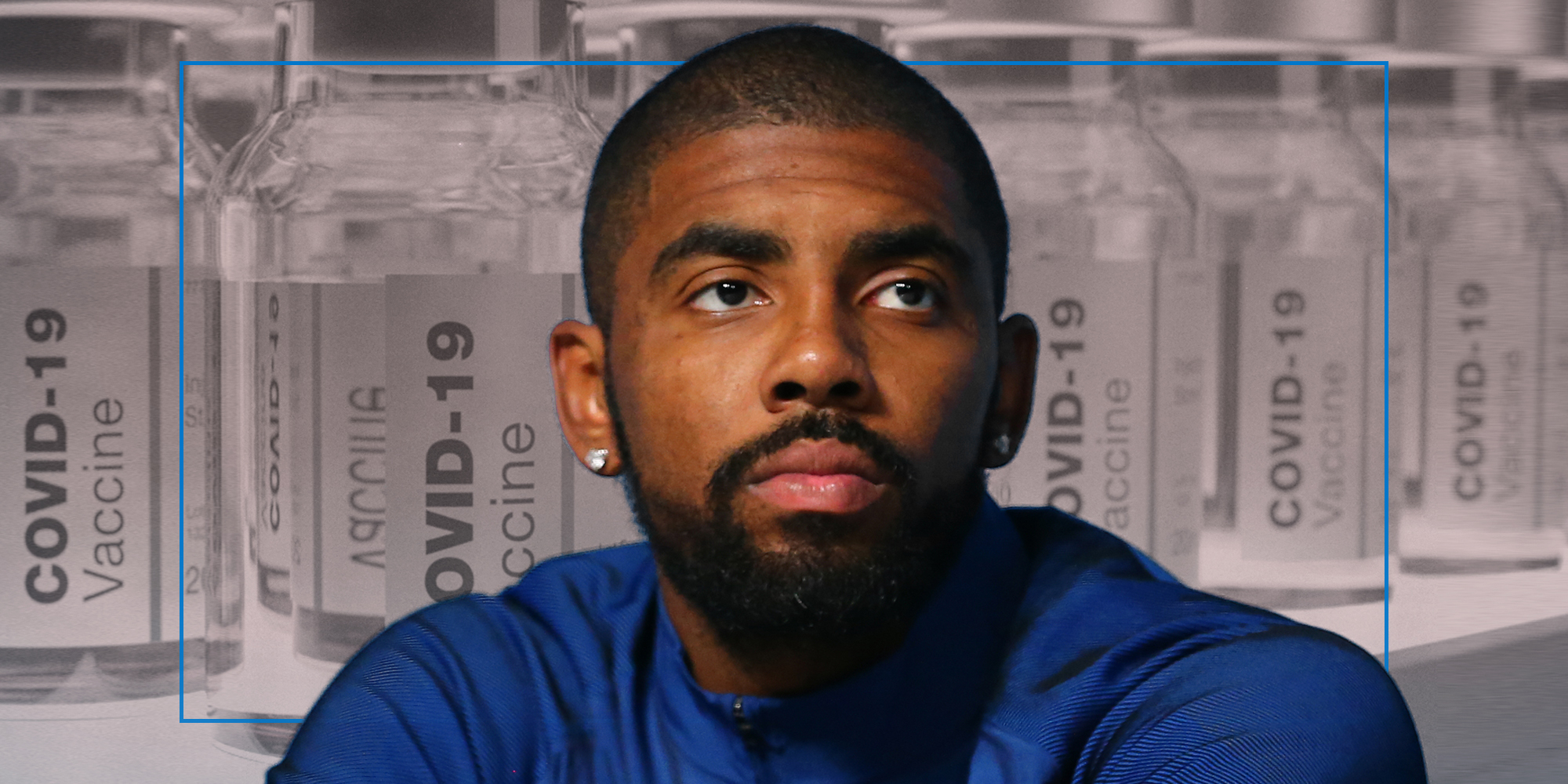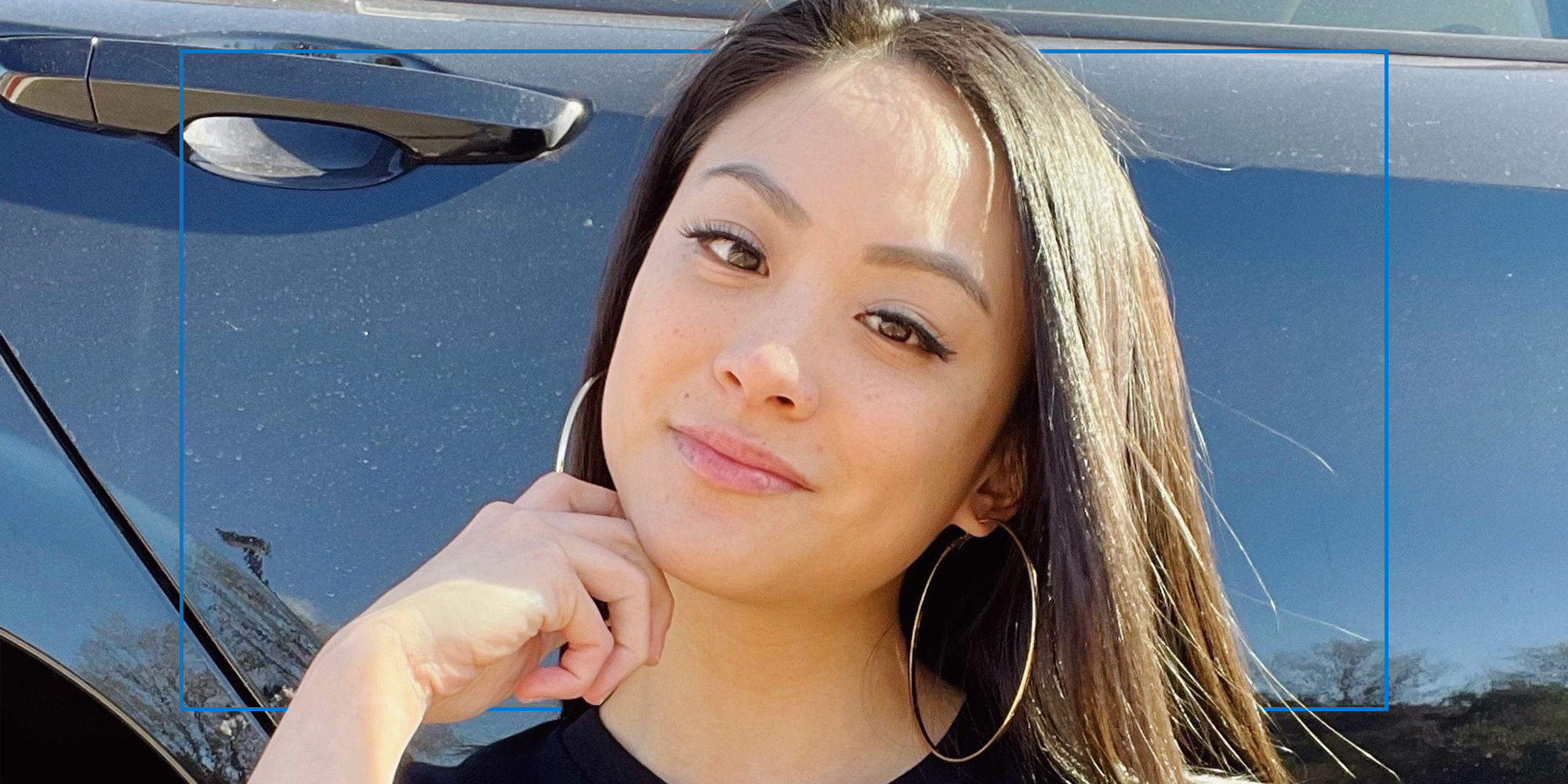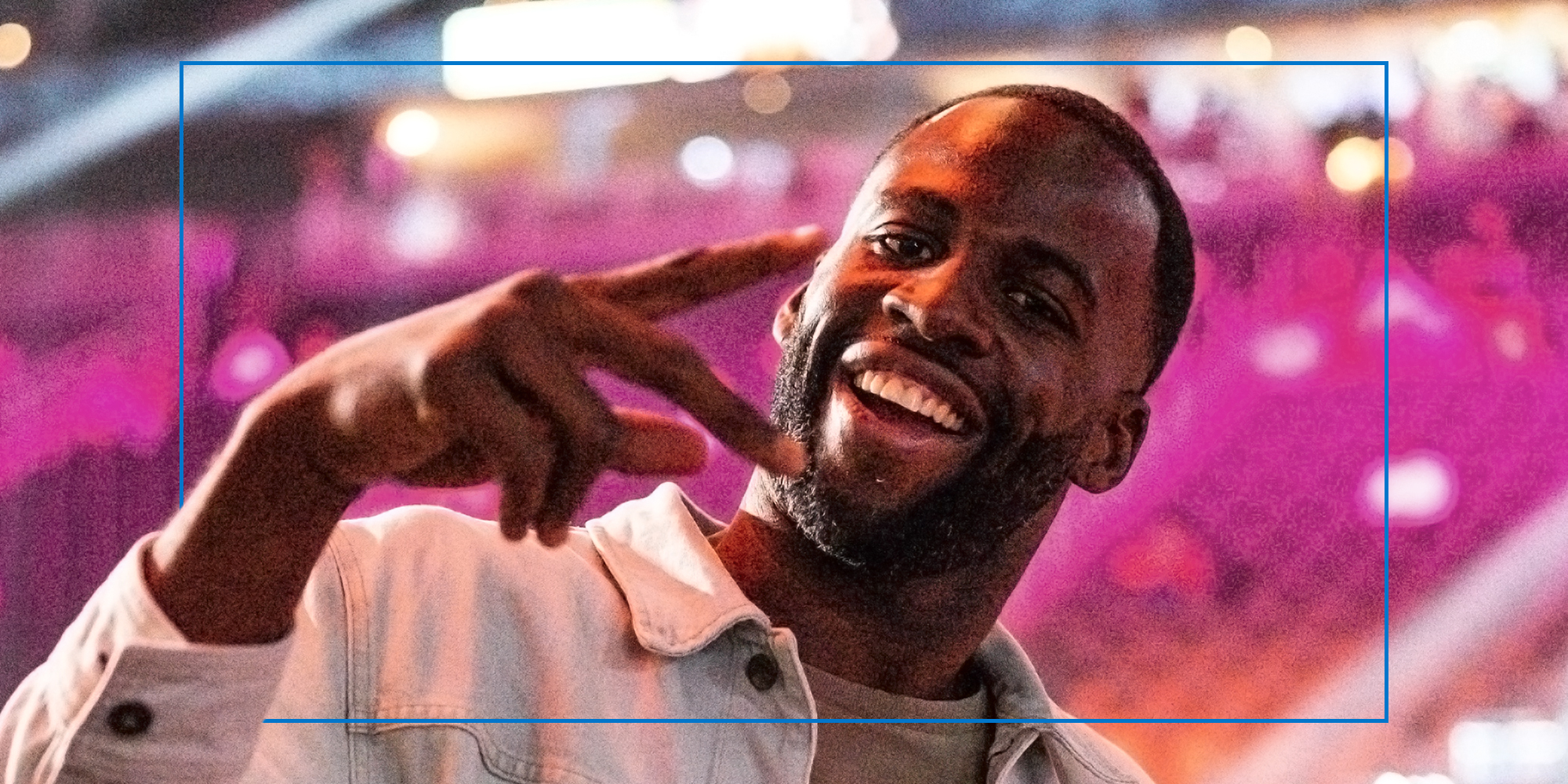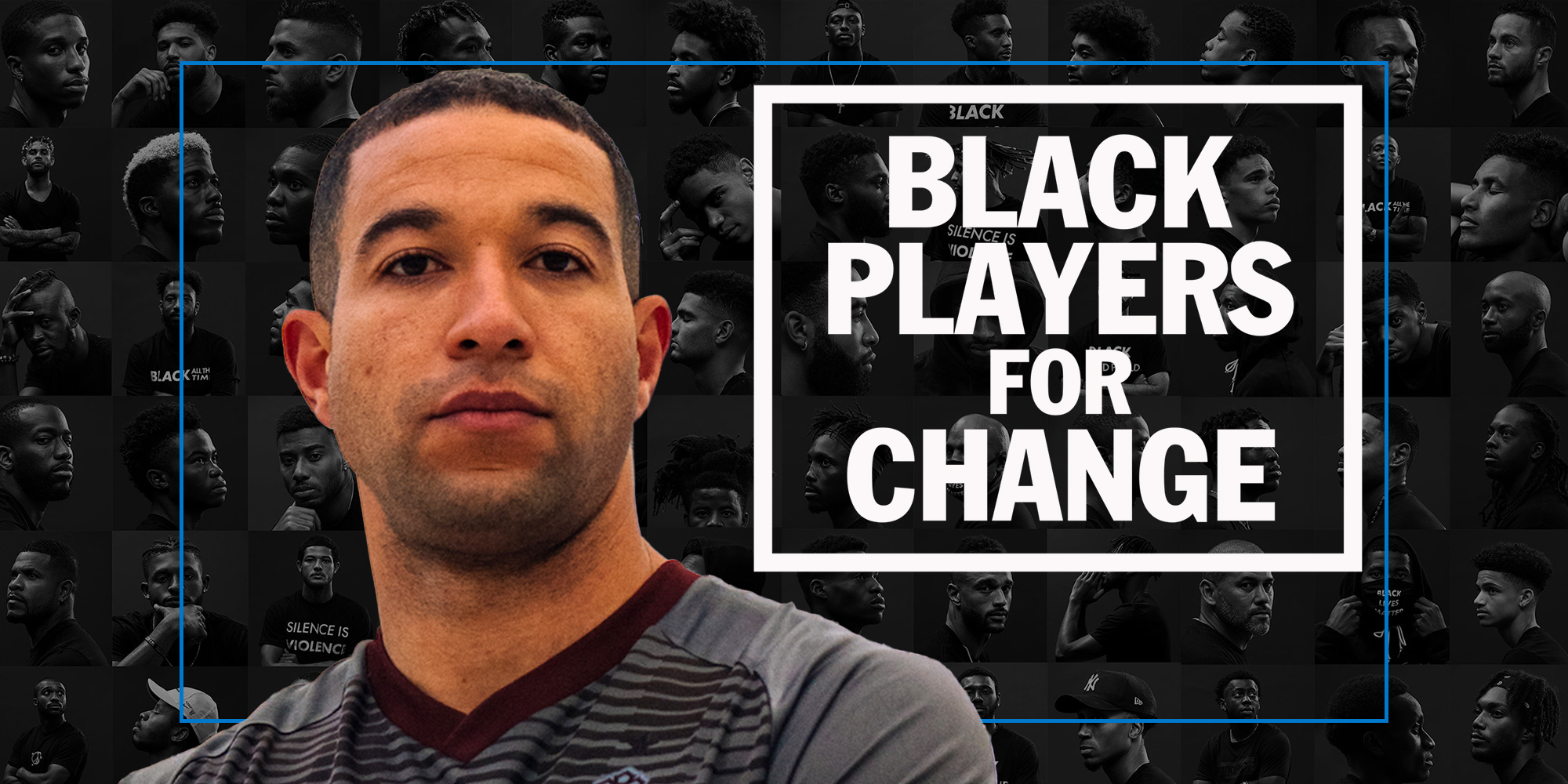Haters will say it’s not real.
Take some grainy footage that looks like it was shot from a press box 10,000 feet in the air, toss a techno beat behind it, and upload it to YouTube. The visual grammar of a soccer hopeful’s highlight reel is instantly recognizable and has become uniform to the point of meme.
In fact, back in 2016, one creator made a parody video “highlighting” various miscues and heavy touches by U.S. men’s national team striker Gyasi Zardes, borrowing from those tropes.
And yet, today’s actual professional players also have to think about how they show up online, with a presence on video-first platforms like Instagram, YouTube and TikTok all part of the first impression players make on front office employees, coaches, and fans.
Most athletes are very good at the sport they play, but they may not be as good at marketing and branding. Increasingly, leagues and clubs are working with athletes to help freshen their brand and give a jolt not just to their careers but to set them up for post-playing opportunities.
‘I thought about trying to switch my platforms’
Houston Dash forward Ryan Gareis is working to balance a profile that will still be fun and fit in with what other 20something women are posting on social media while also keeping the chance open the right general manager or front office person will see what she does on the field.
“I do have a very goofy side and like to have fun,” she revealed. “When it comes to TikTok, my teammates and I do dances, there’s more silly content, not super serious.”
“I thought about trying to switch my platforms to be more serious or soccer-only,” she added, “but I decided against that because I do think something very cool about social media is you can demonstrate who you are and the different sides of you.”
In addition to her Dash career, Gareis is also trying to build up her coaching portfolio, work that has grown almost entirely thanks to her posts on Instagram and TikTok.
“A big part of my life is coaching, so I do try to represent myself as a role model online because I know people are always looking, trying to find out who you are off the field,” she said. “I want to represent myself as who I am, just making sure that what I’m putting out is a good representation of me as an athlete and also as a person.”
Before the 2023 season, the NWSL announced a partnership with Adobe designed to “empower all NWSL athletes” by conducting workshops and giving players access to Adobe’s tools, plus setting the players up with marketing experts to help NWSL players find the best way to share their own story.
Gareis’ time and study at the University of South Carolina, where she earned an advertising degree with a photography minor plus a marketing internship, meant she was already familiar with the Adobe suite of products. But she said the access provided by the software company can help players easily make choices about the way they want to present themselves and craft their brand in line with their aesthetic preferences.
‘Your social presence is just part of your resume’
Major League Soccer’s branding programs aren’t formalized like NWSL’s, but many of its rising stars are also thinking about their digital branding. They know they can use social media to set themselves up for commercial opportunities right now and build toward another role after retiring from playing.
FC Dallas goalkeeper Maarten Paes previously published content mostly in Dutch, leading to a social media following almost entirely based in his native Netherlands, where he was playing from 2016 to 2022. But he learned from watching his girlfriend, top model Luna Bijl, and has attracted a far more international community since coming to Texas.
“In this future, your social presence is just part of your resume,” Paes said. “I wanted to be a little more active to show my family how life is here, and it’s nice from a business perspective.”
That’s why, after focusing on his on-field showings in his first year in MLS, this season saw Paes revamp his social media presence with English posts and highly produced videos. Paes also expressed a desire to beef up his network on corporate-focused LinkedIn.
The 25-year-old is creating content for new accounts on sites where athletes are more traditionally found, like TikTok and X (formerly Twitter), but said he is eager to make connections that will help him as a player now but also when his playing career comes to an end, ideally many years down the line. FCD’s media team lends a hand when it has spare time and, like Gareis, Paes highlighted the amount of high-quality photos and videos of himself he can access thanks to their teams.
‘I still am a person with many hobbies and enjoyments’
Paes’ teammate, center back Nkosi Tafari, leans less on the idea that social media will help him land his next job and more on the idea it’s a place where he can have fun. Tafari garnered attention this season when, ahead of a clash with Inter Miami superstar Lionel Messi, he flatly told reporters he knew they were only there to talk about Messi and not to learn about him as a person.
There’s plenty to learn. In addition to his sporting pursuits, Tafari expresses himself with his style and flashy looks.
“I like to bring these things in because outside of playing soccer, I still am a person with many hobbies and enjoyments,” he explained. “So I like to bring that to my social media as well so people who are following me can get to know me a little bit more.”
He even makes time to talk trash to opposing fans after a game, viewing social media as more of a place to express his true thoughts than any sort of resume for other club teams.
“If I’m wearing something or thinking something—within reason, of course because everything has to have context—then I feel like I can say that,” he said.
‘I’ve been able to show what I’m passionate about’
It isn’t just pro athletes thinking more about their brand and how they present themselves online. After decades of forbidding athletes to profit from their Name, Image, and Likeness (NIL), the NCAA—college sports’ governing body—adopted an interim policy in the summer of 2021 allowing players to accept benefits.
That not only opened the door for players to accept sponsorship deals tied to what they do on the field, but has provided a pathway for athletes to seek other ways to profit from the fame and the connection they have with fans in local and national communities.
Wichita State softball star Sydney McKinney was a consensus First Team All-American in 2023 and went first in the Athletes Unlimited draft. She also loves to paint and started sharing her work on Instagram during the Covid-19 pandemic. The work resonated and fans started wondering if they could own a piece of art created by their favorite Shocker infielder.
“I’m a really happy person and like to share positivity,” McKinney said. “I think people grasped on to that.”
She’s painted murals for local restaurants but also utilized social media to connect with fans directly. Through an NIL deals platform, she started linking with those supporters who wanted to buy her artwork, to get a birthday message for a loved one or to have a ball or other piece of signed memorabilia from one of the country’s top softball players.
“A lot of fans have always wanted to get things from me, they just didn’t know how. I think it’s important for athletes to continue to help fans out and let them know because they’re going to support their favorite athletes,” she said.
Not only has McKinney benefited from that support, she’s donated much of her profits from NIL projects to Autism Speaks, an awareness and research group working with people on the spectrum like McKinney’s brother.
“Through NIL, I’ve been able to show what I’m passionate about, not just art. NIL has been huge helping me bring awareness to that,” she said.
None of it, she said, would be possible without an understanding of how to craft her own marketing strategy and brand.
The social media landscape continues to snake off and change from the platforms that dominated our online lives in the 2010s, but what won’t change for athletes is the desire to connect with fans and to create—and often monetize—that bond formed with their biggest supporters.
Leagues, teams, and university programs that foster an environment helping athletes become the best version of themselves, not just when it comes to their sport but to their business and their future plans, will reap the benefits of players feeling appreciated not just in the short-term but as humans with long-term goals.
Goodbye, bass-thumping highlight films. The sleek TikToks and snappy Threads of today are here to stay.
See more stories from Presser – examining the intersection of race and sports online.

